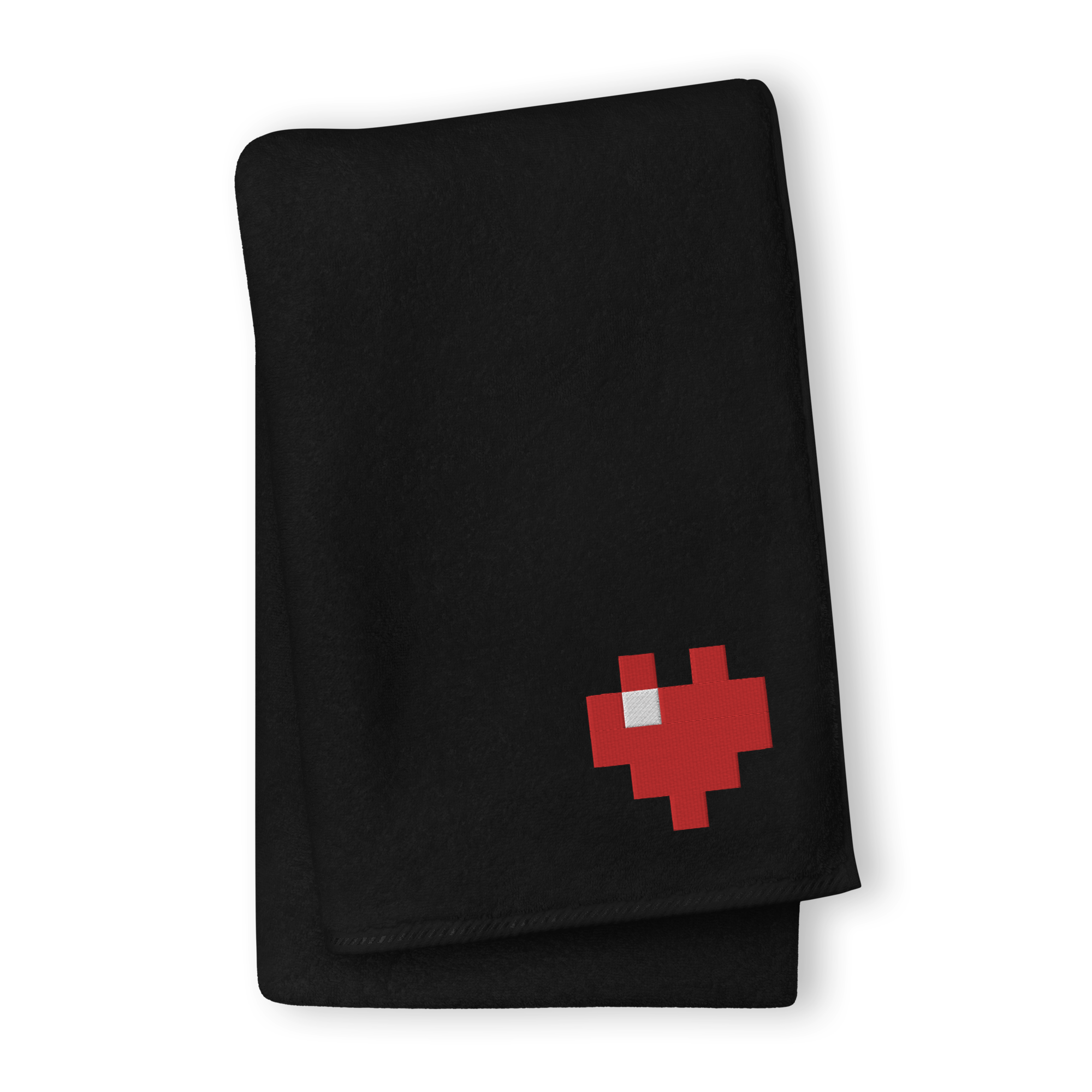
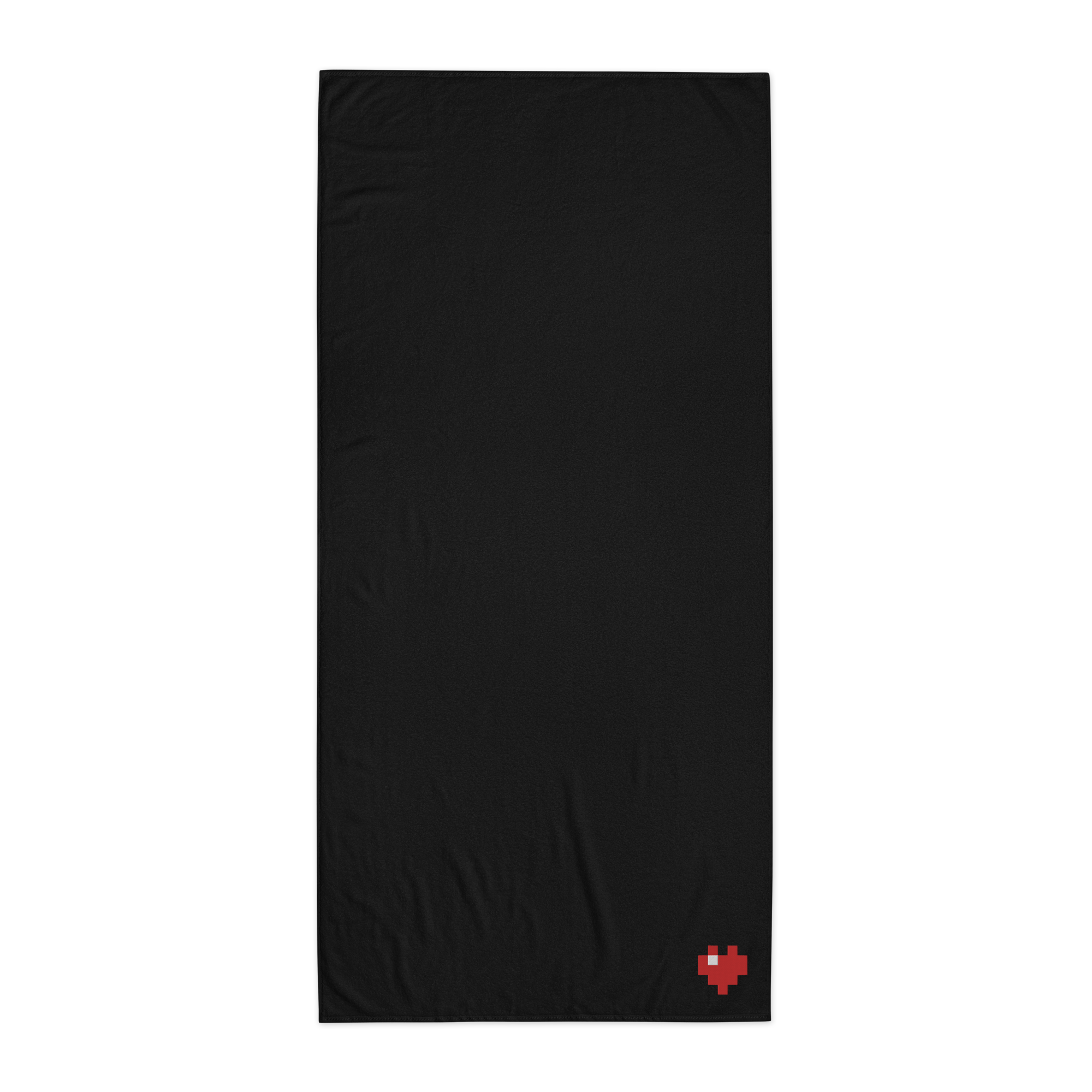
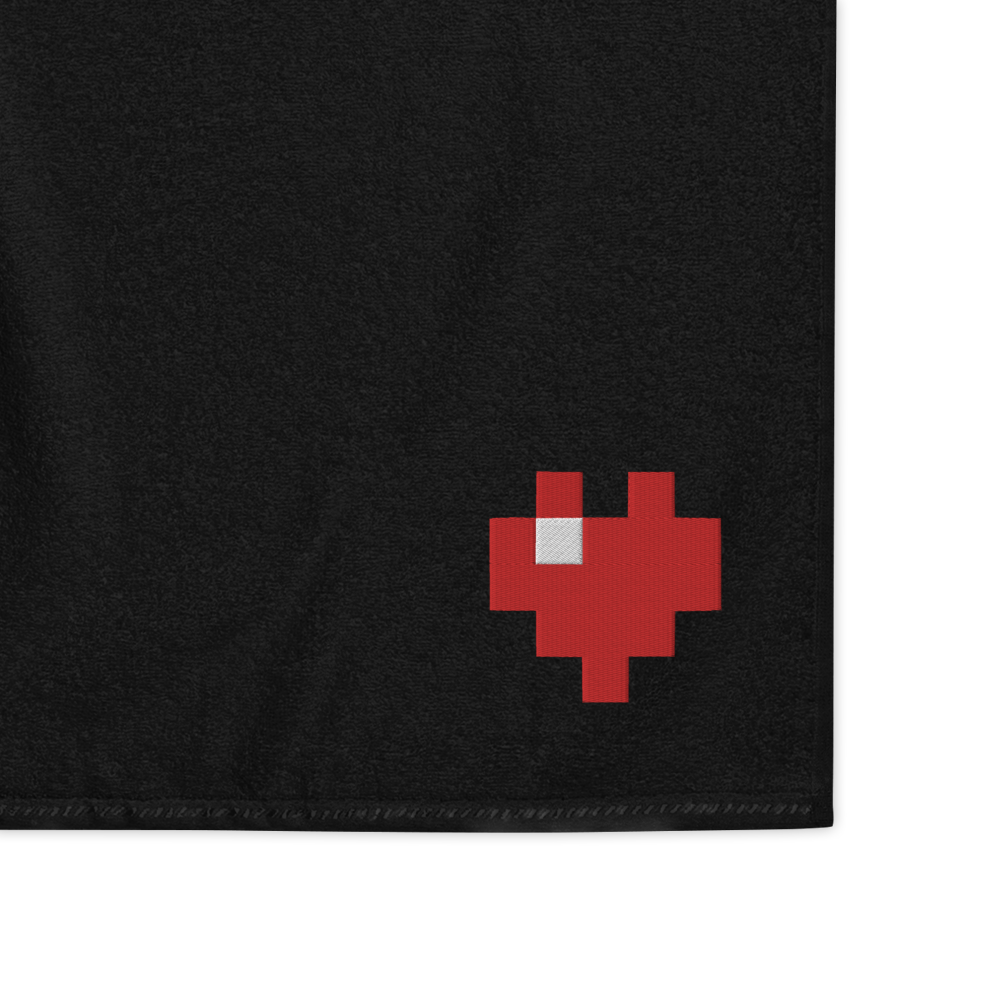
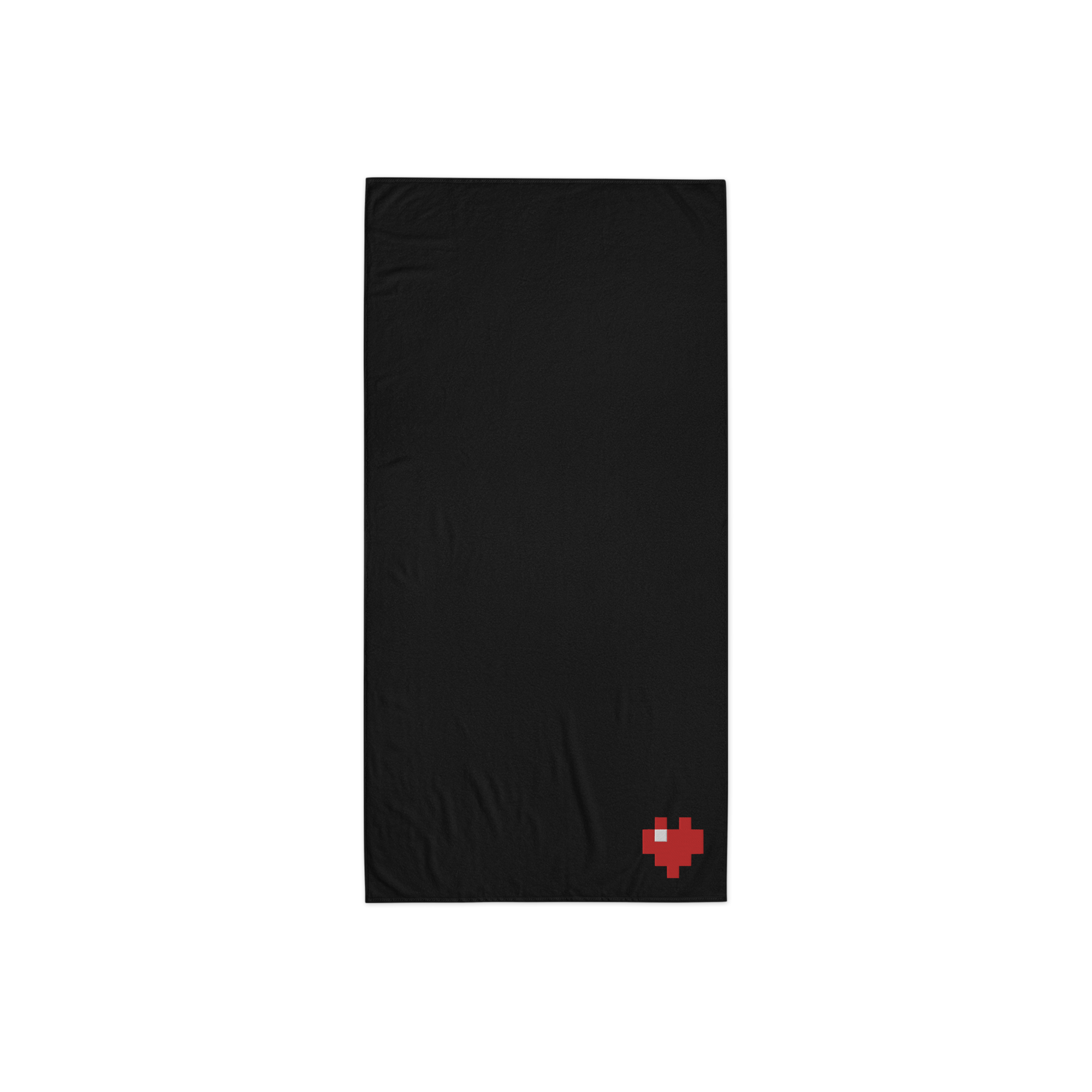
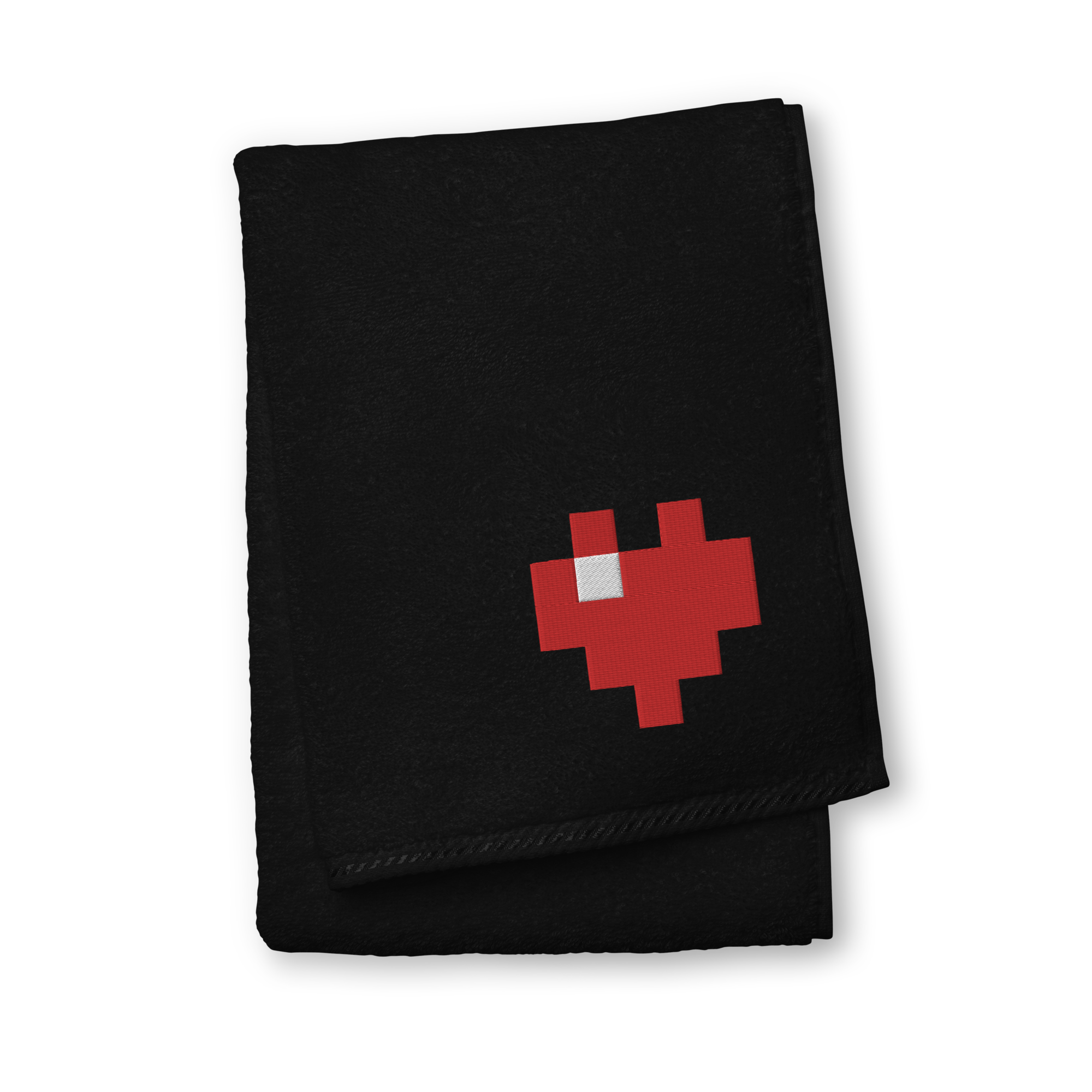
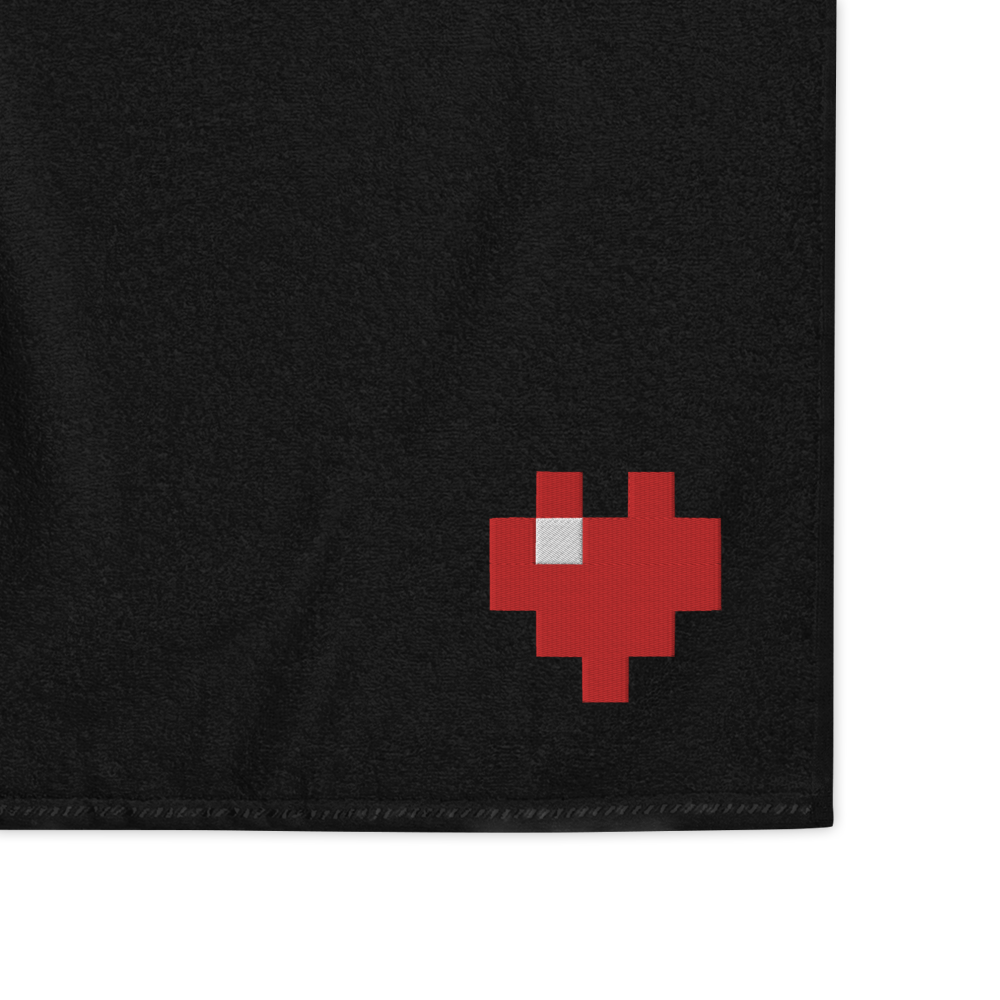
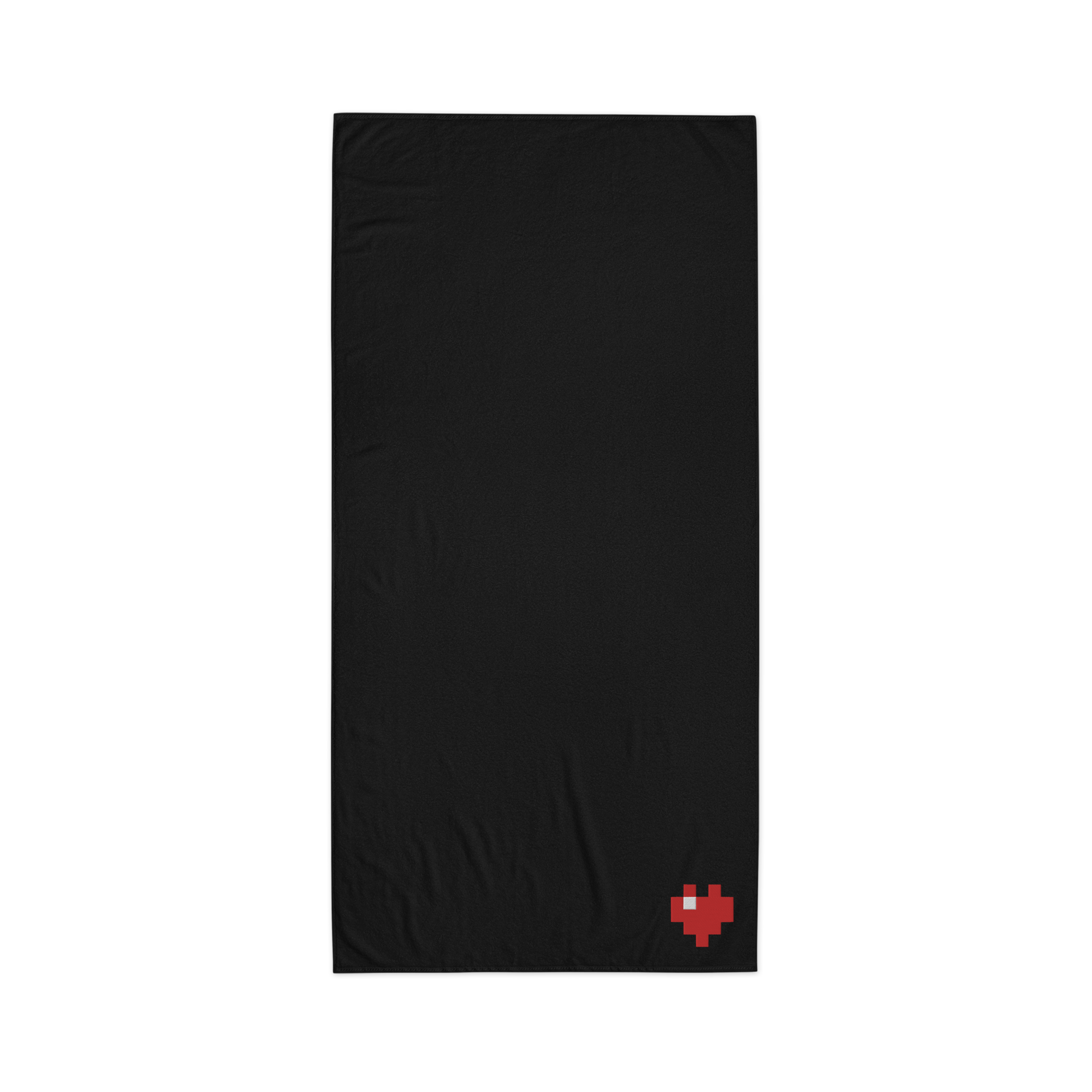
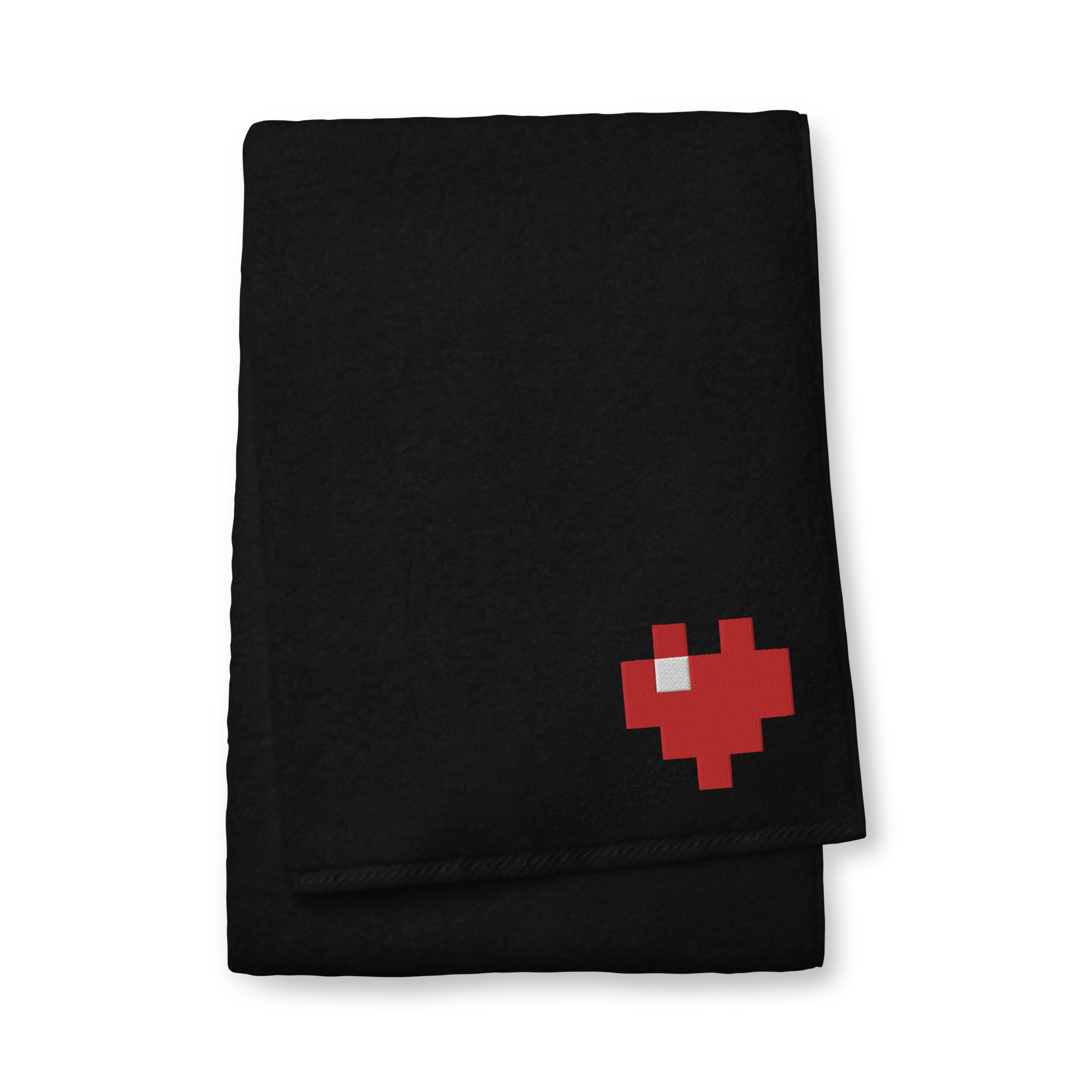
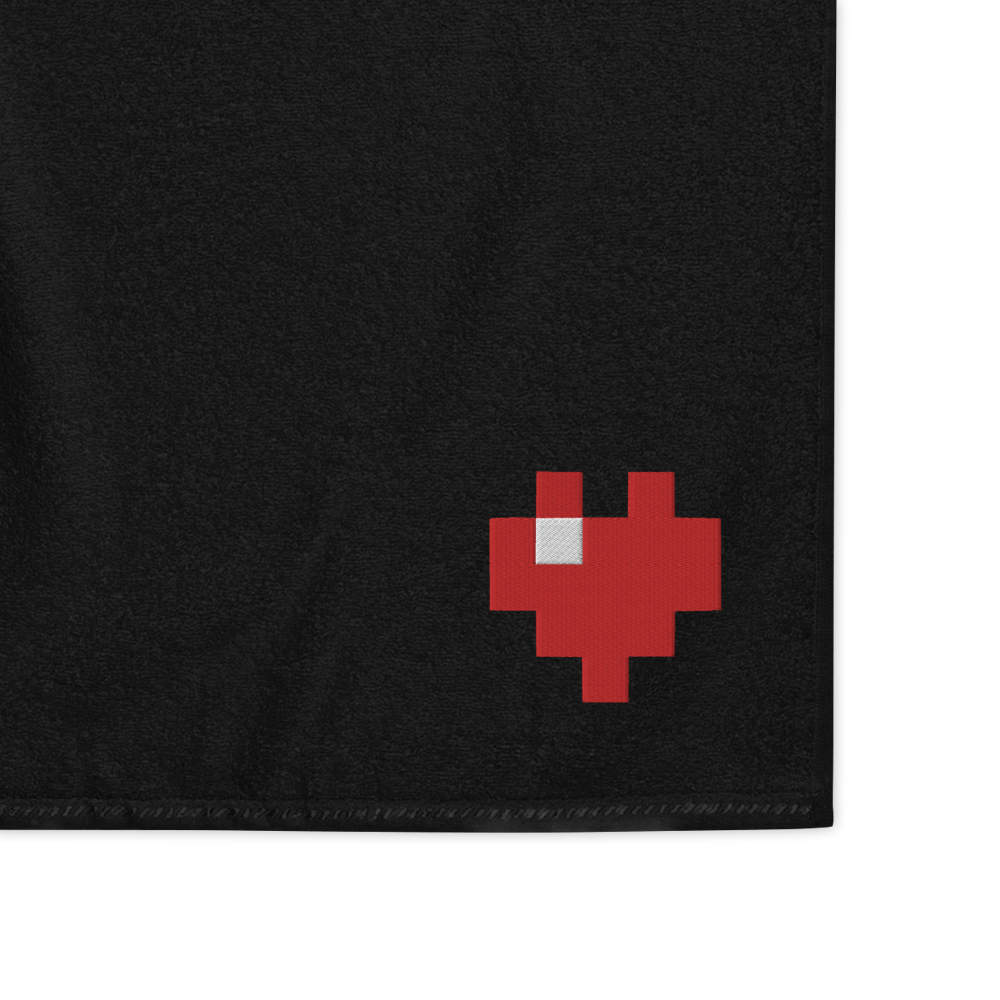
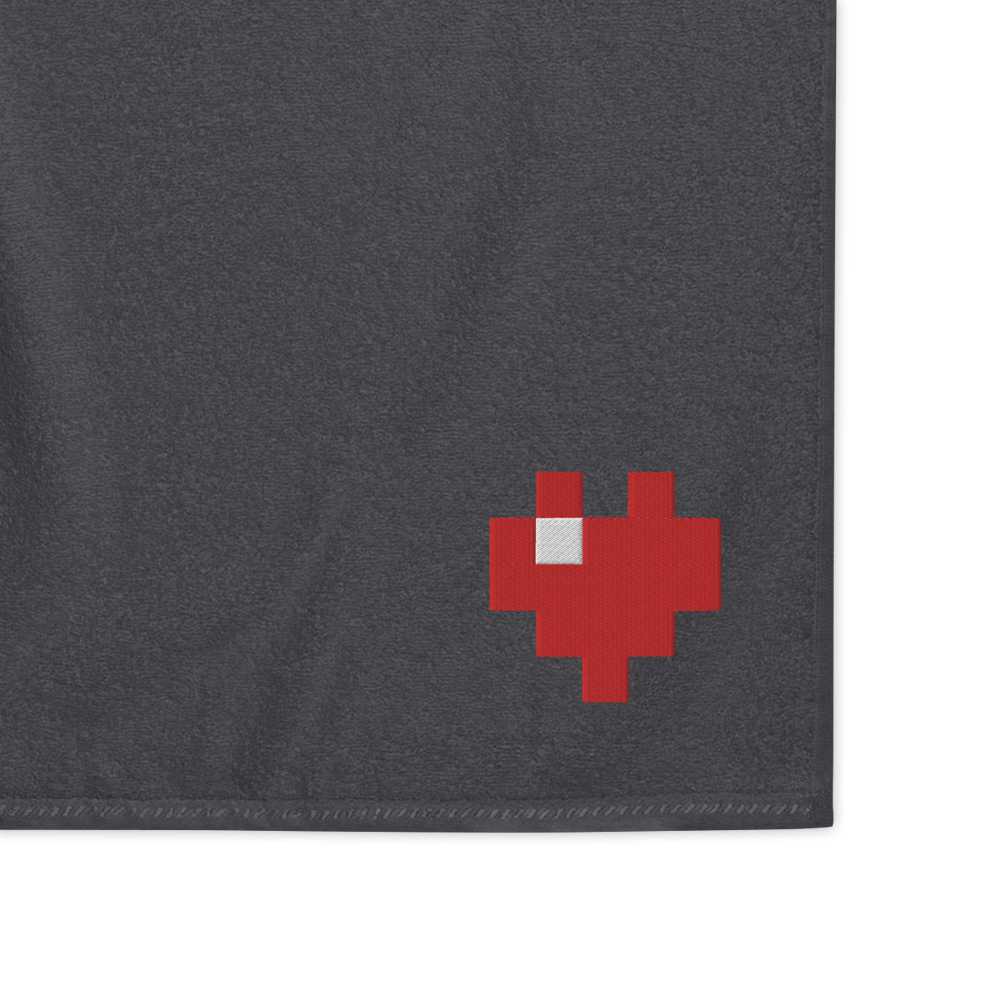
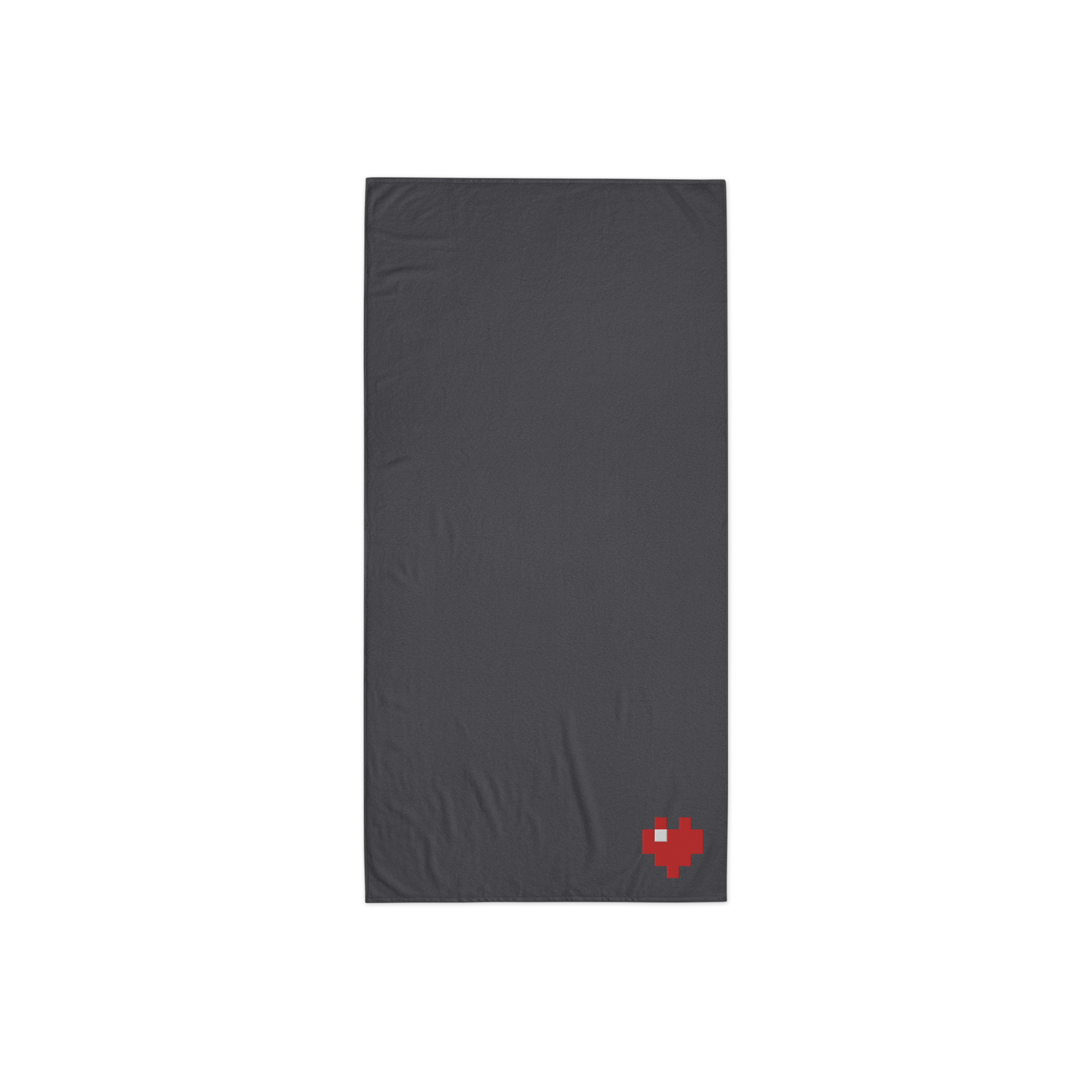
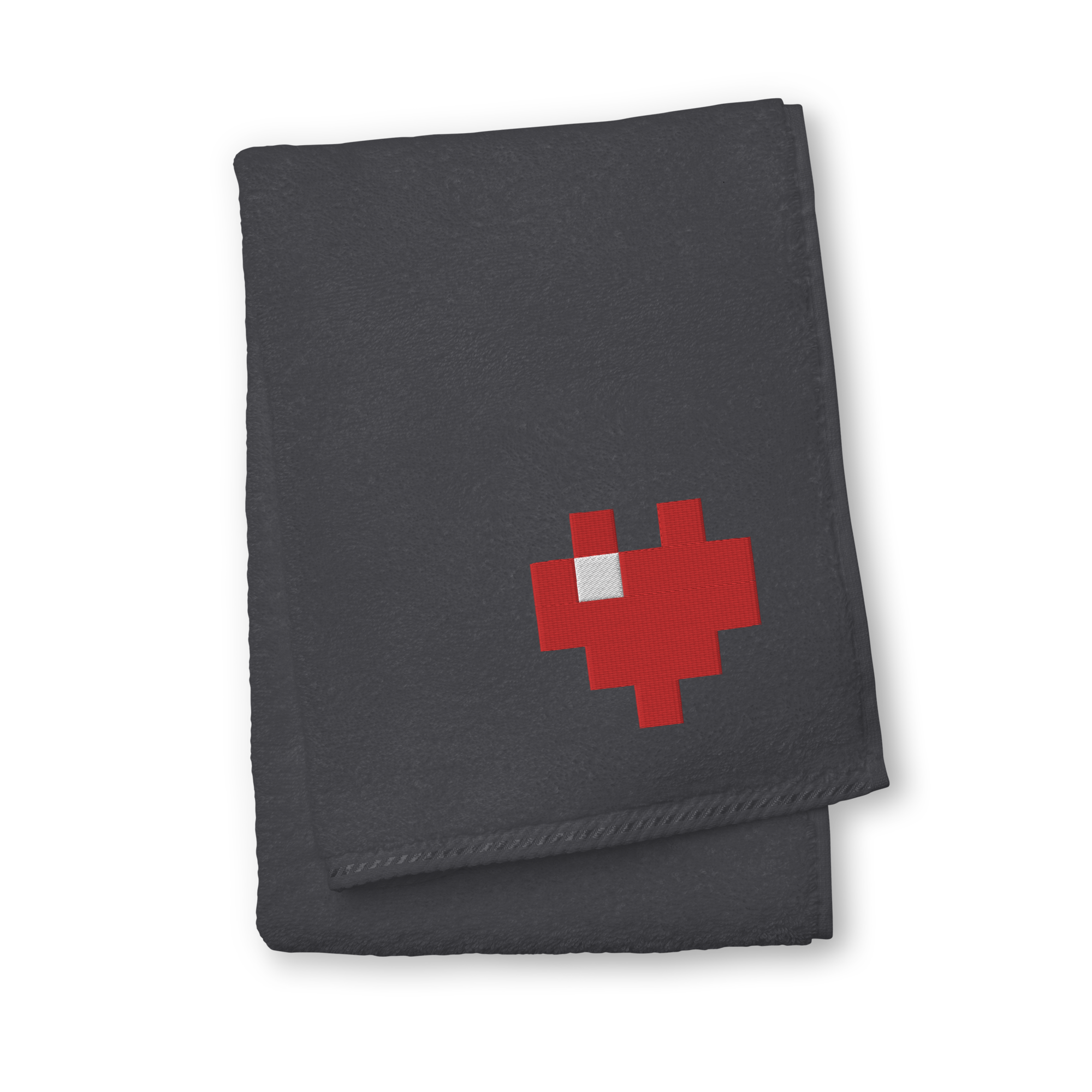
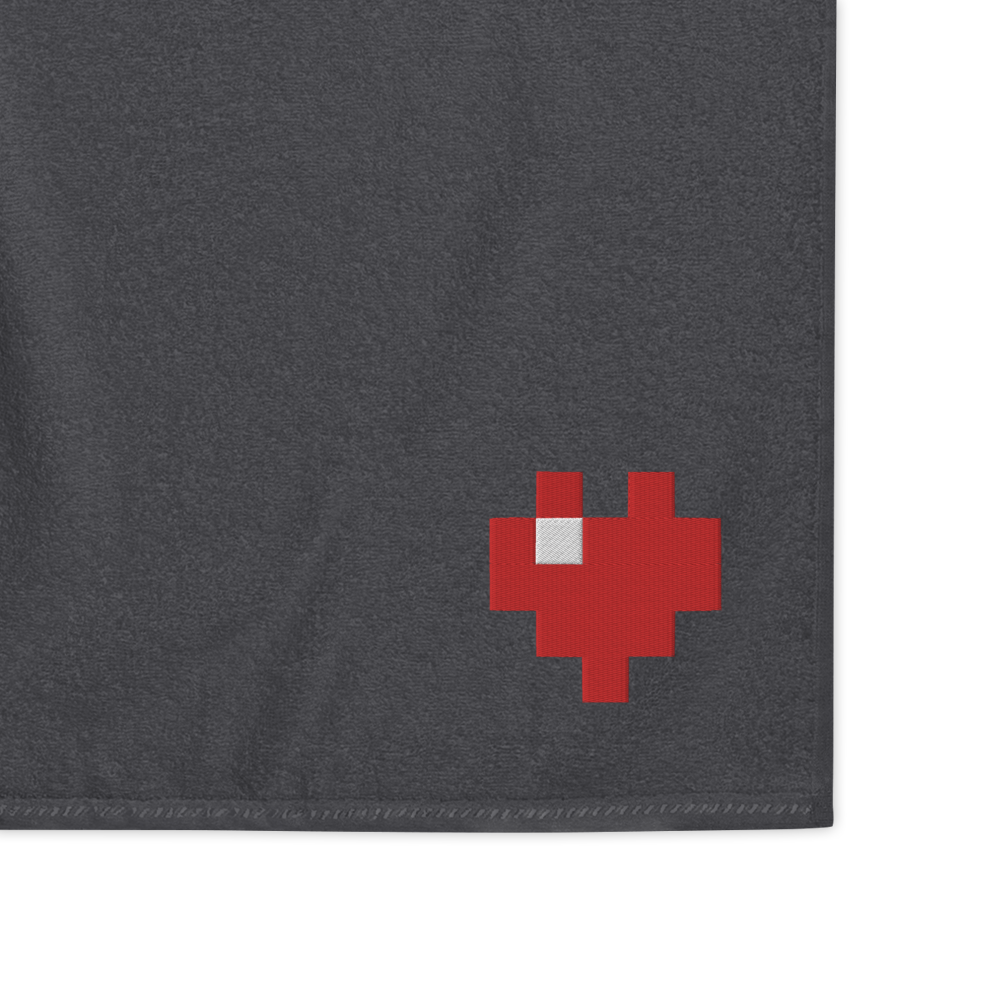
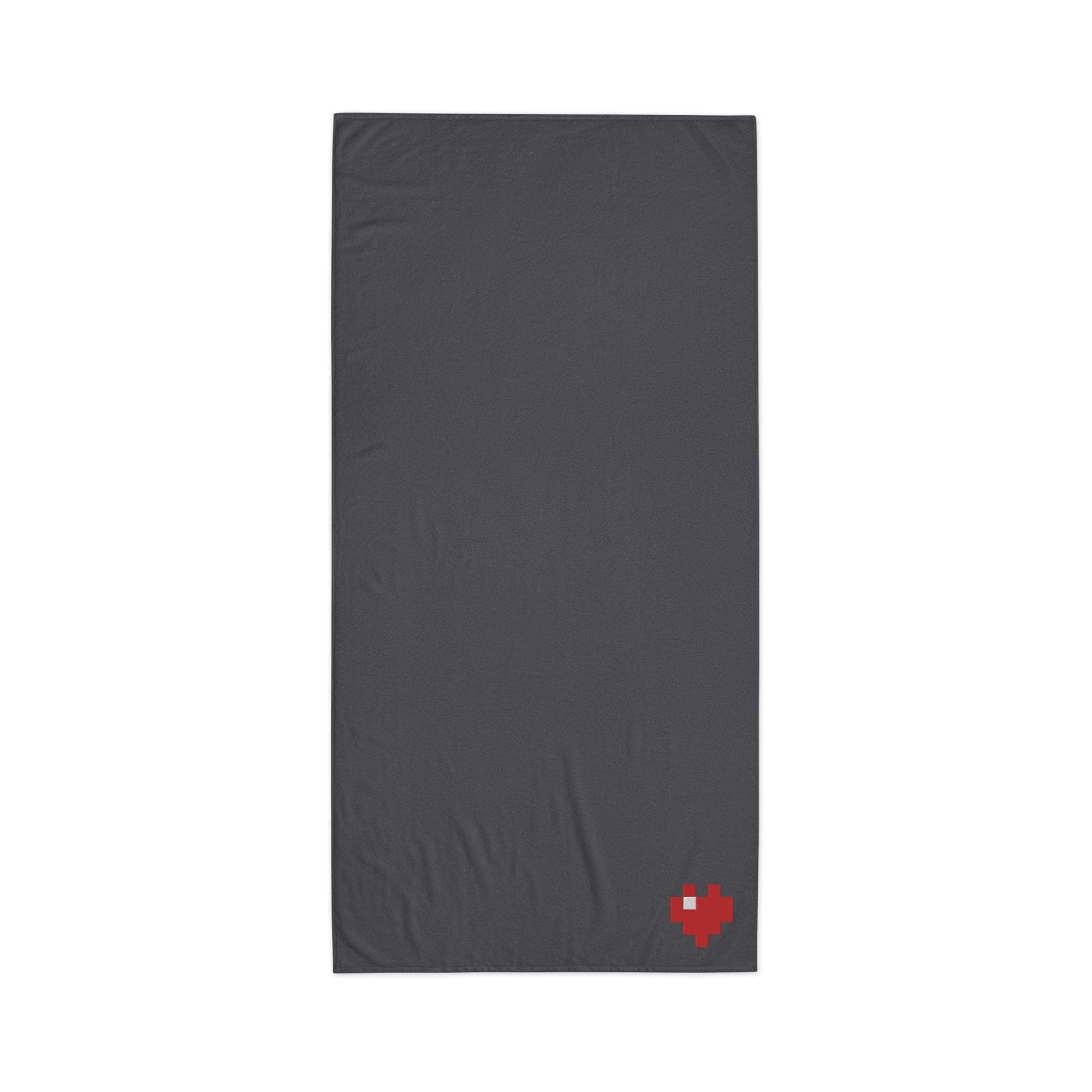
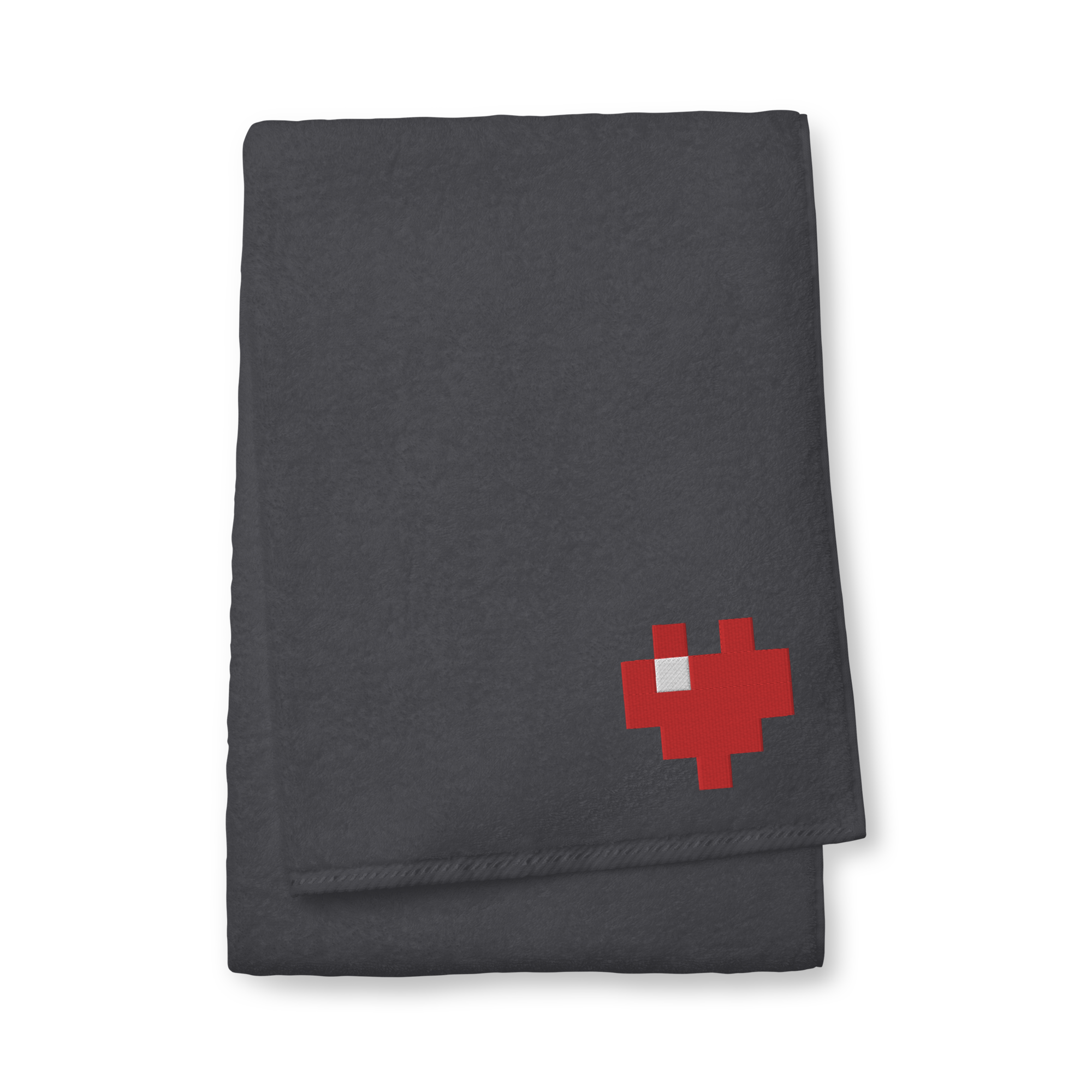
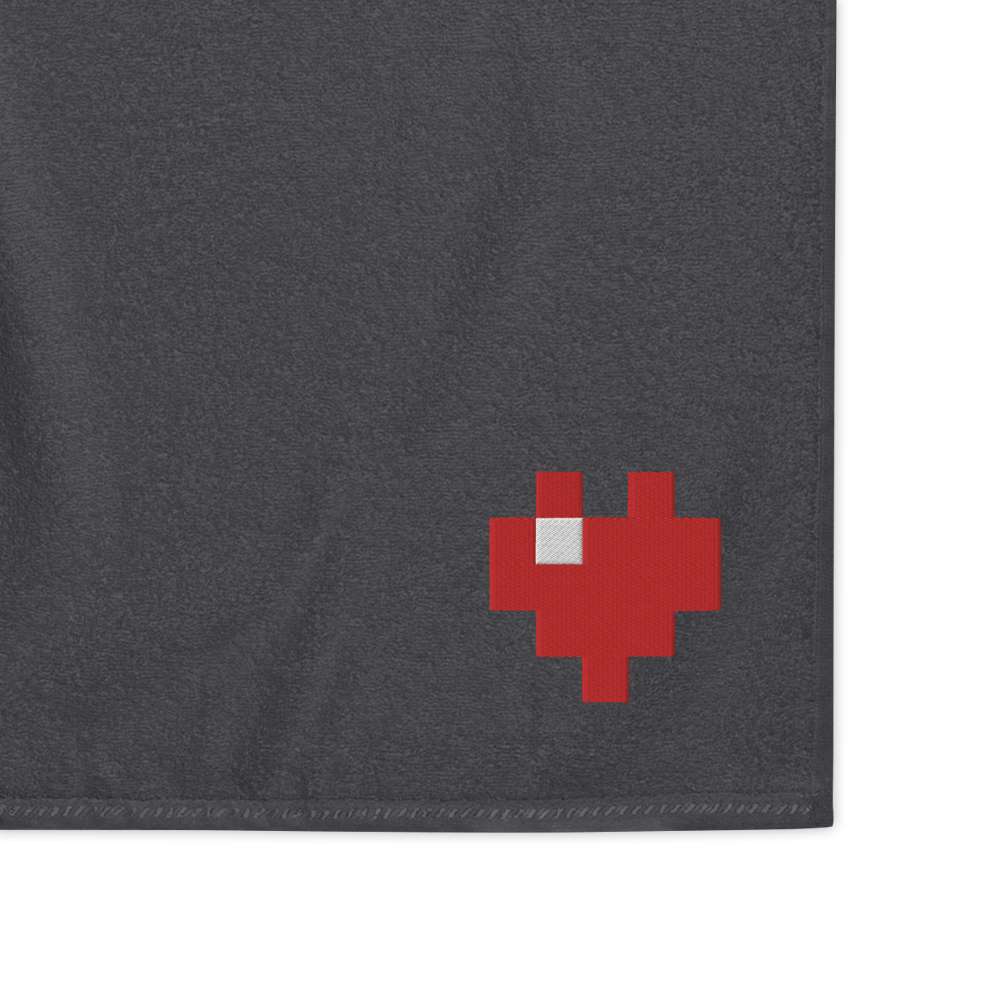
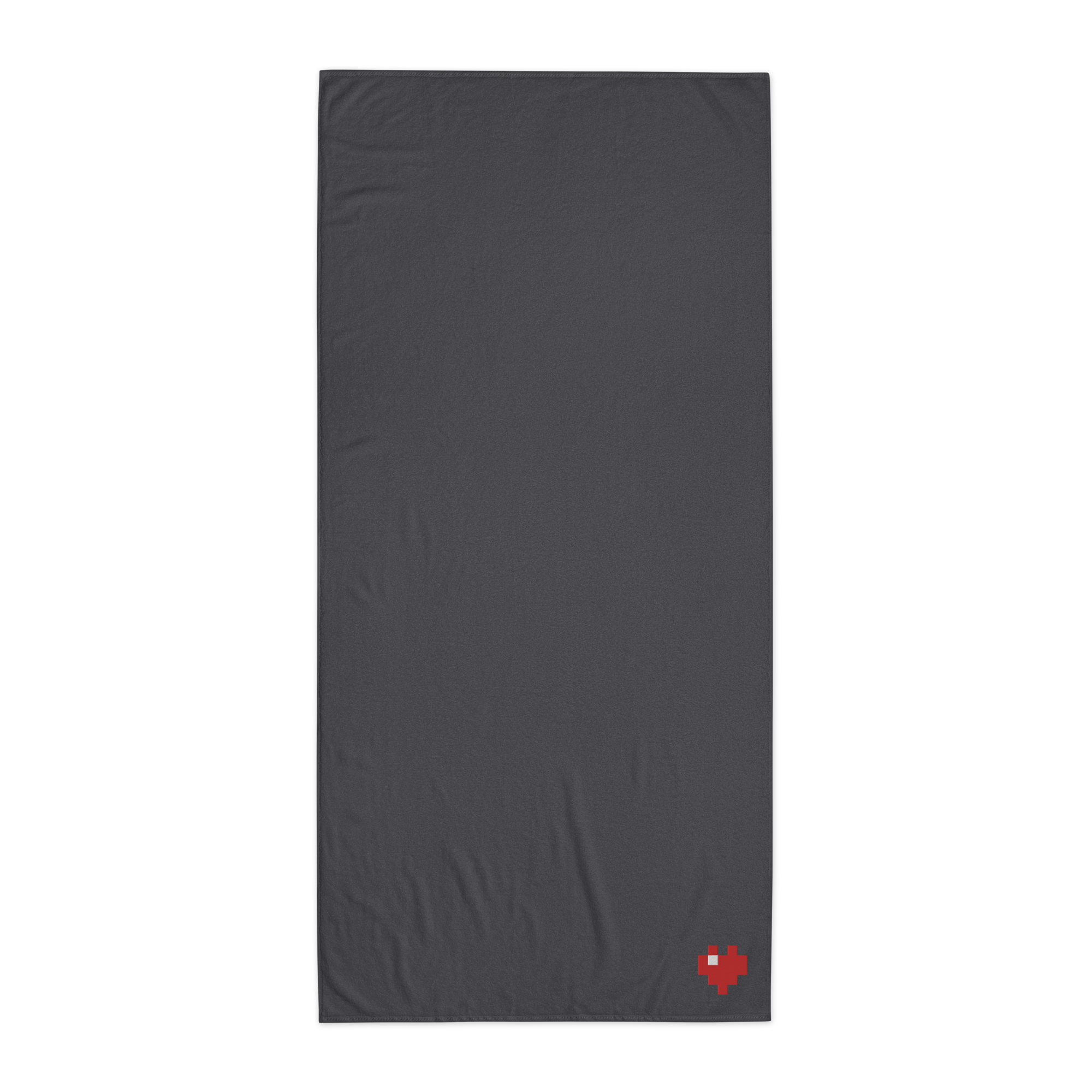
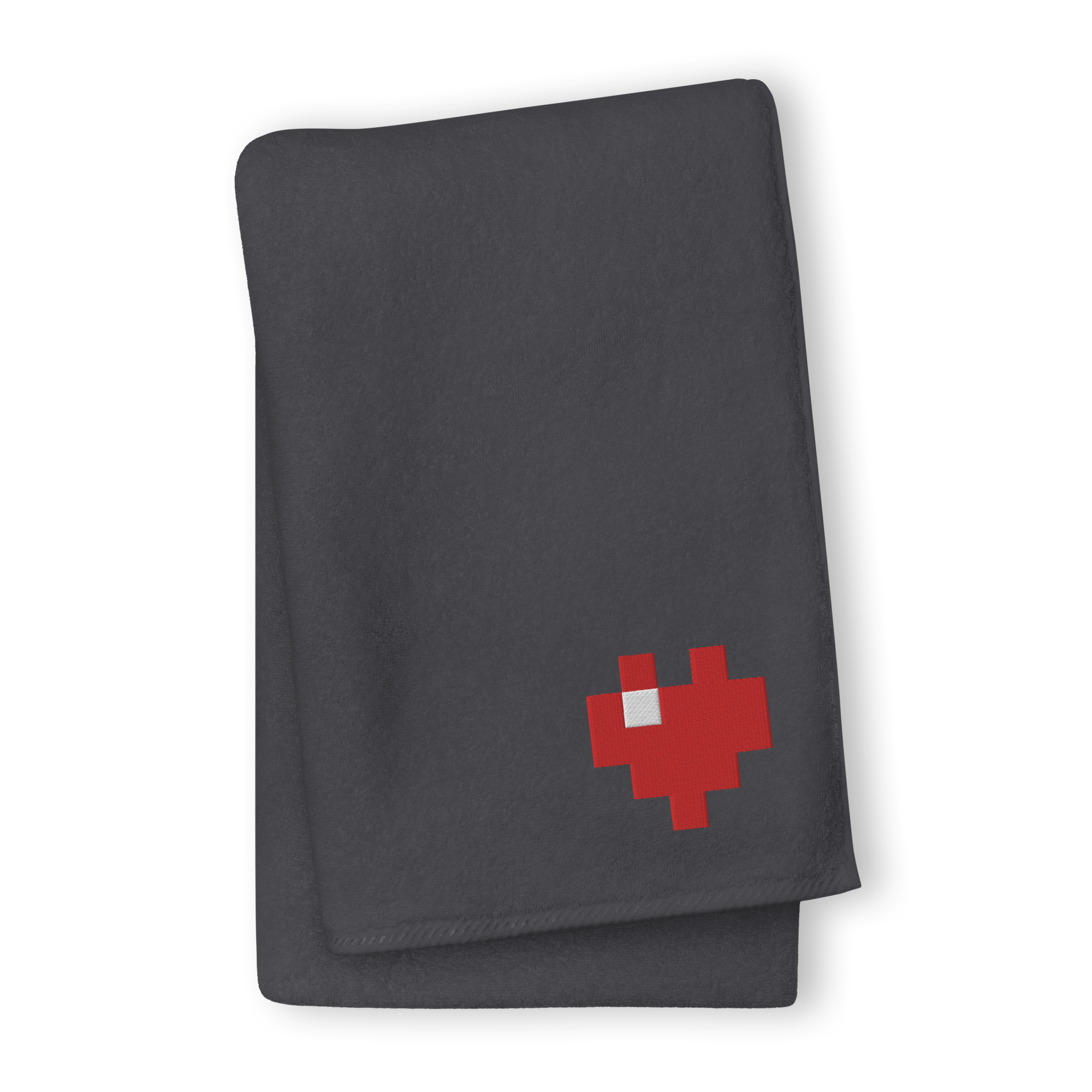
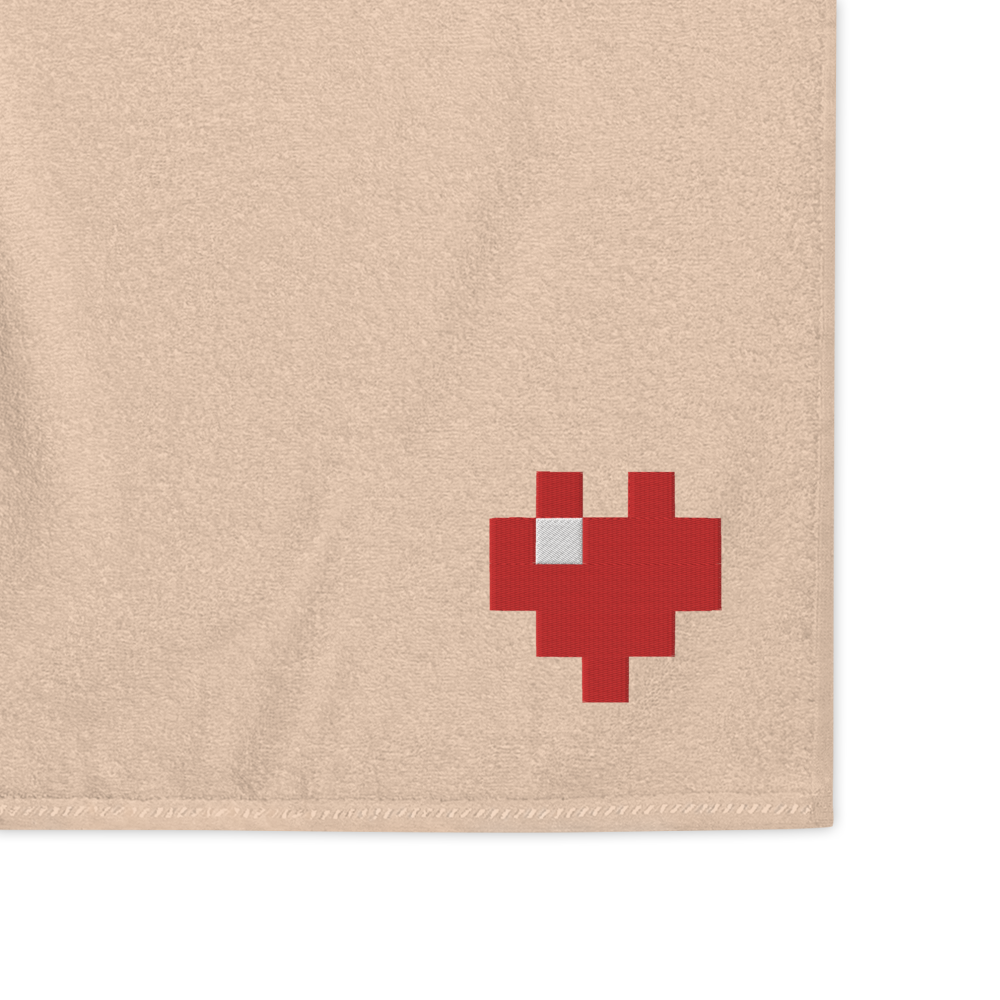
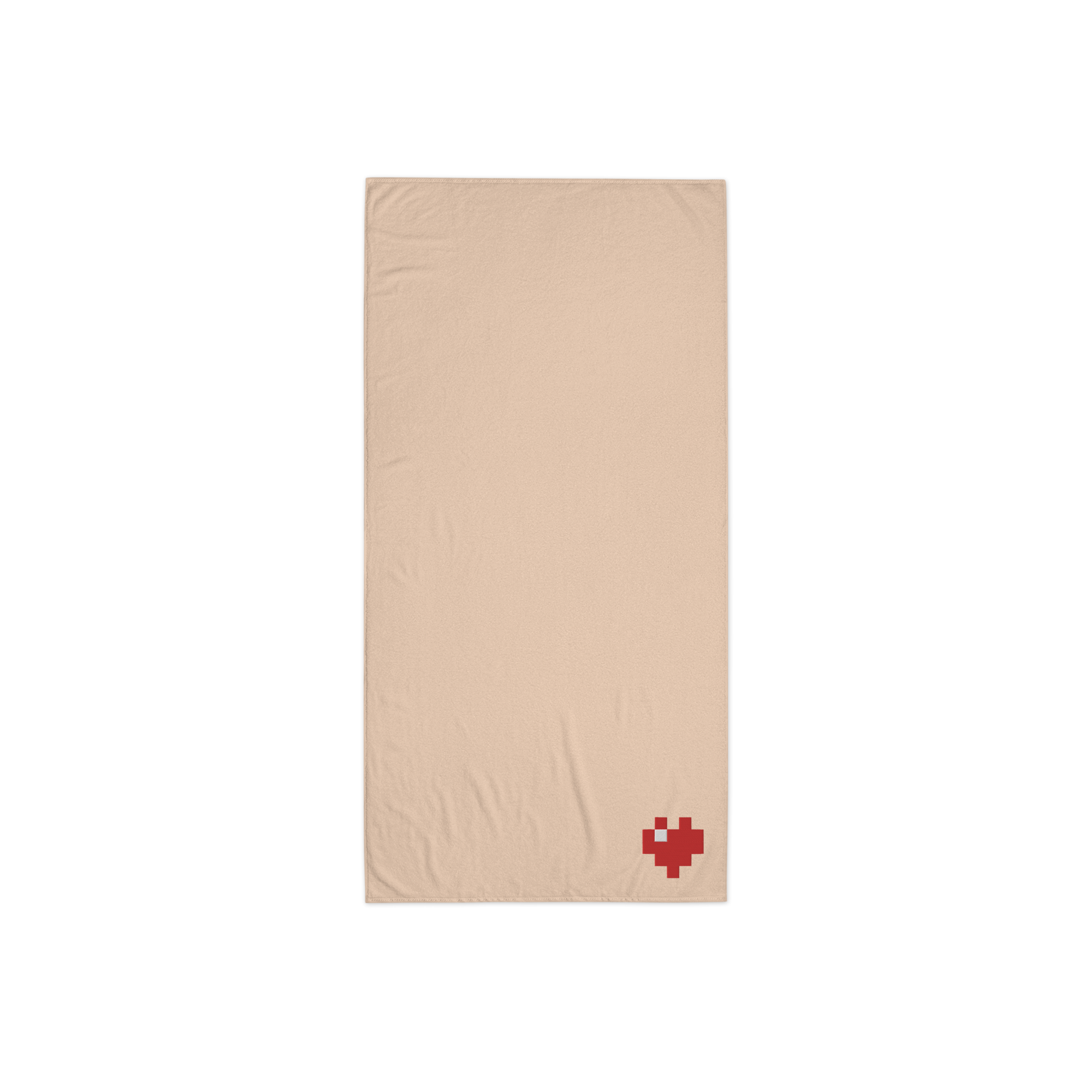
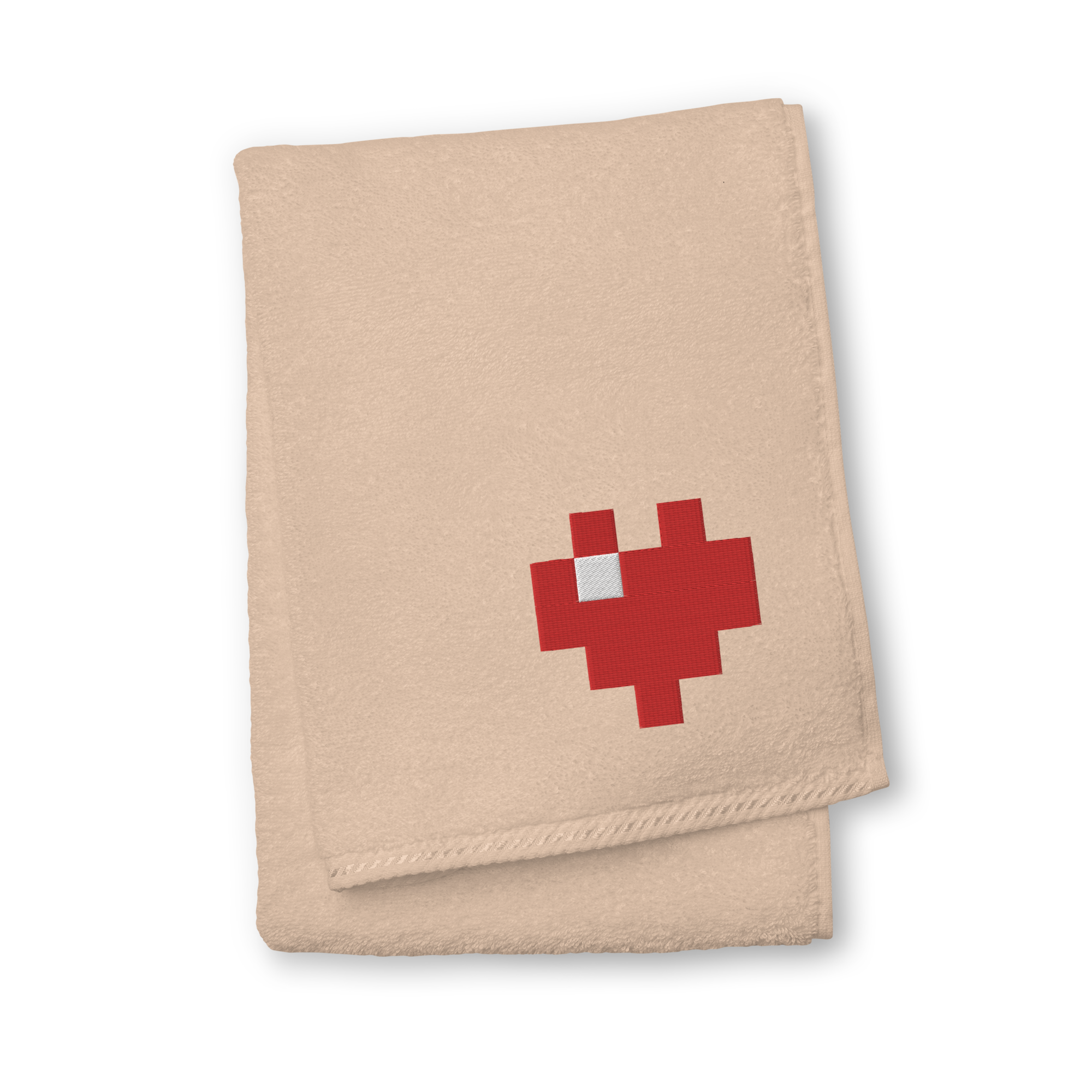
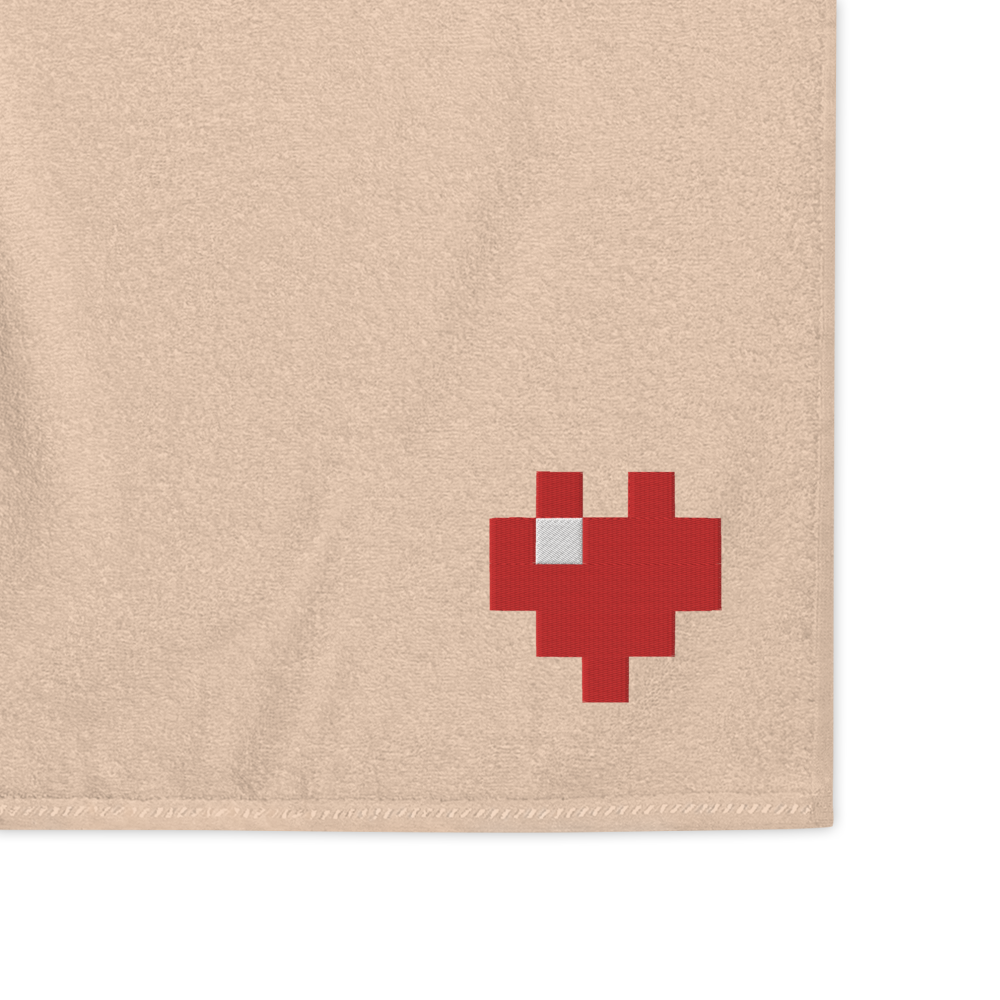
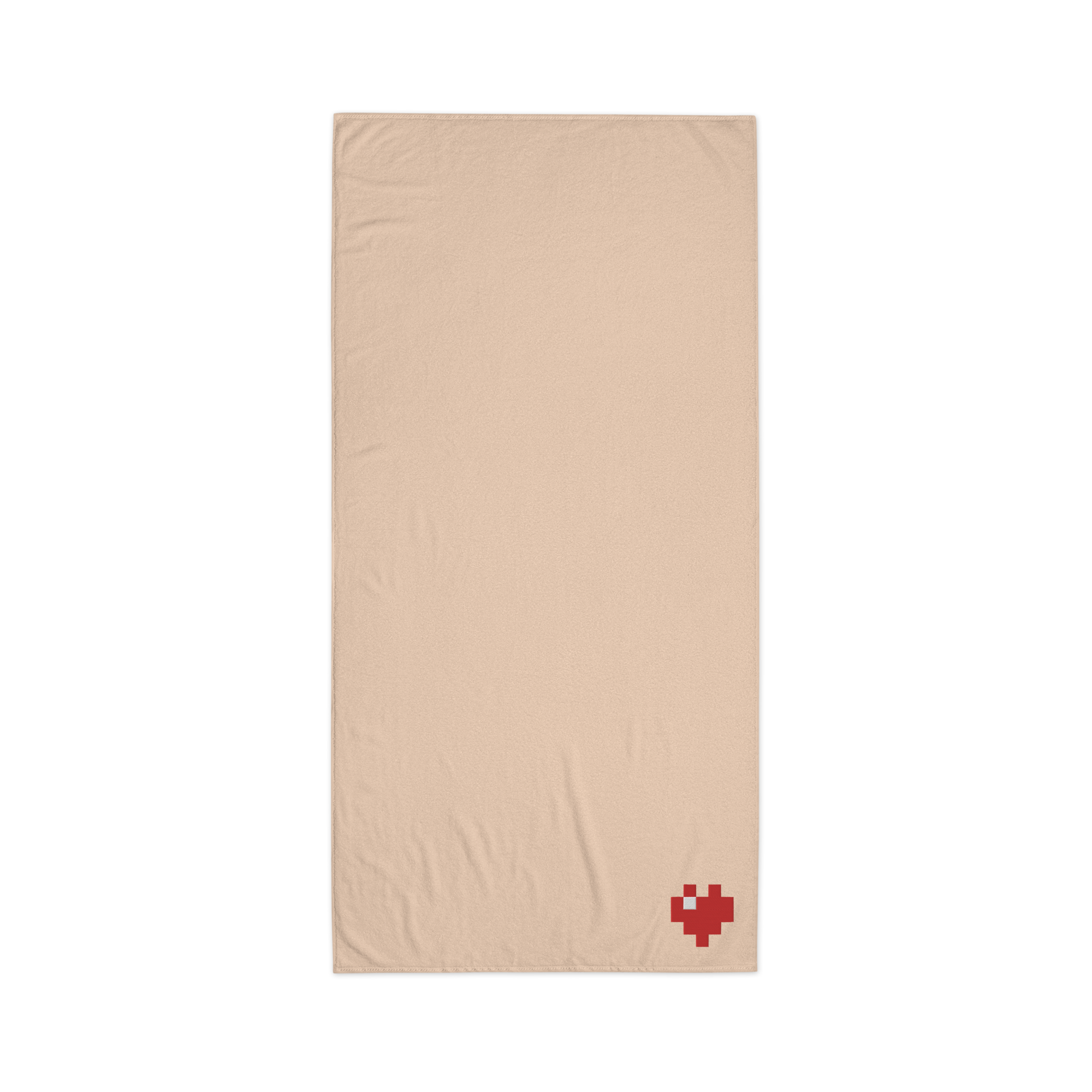
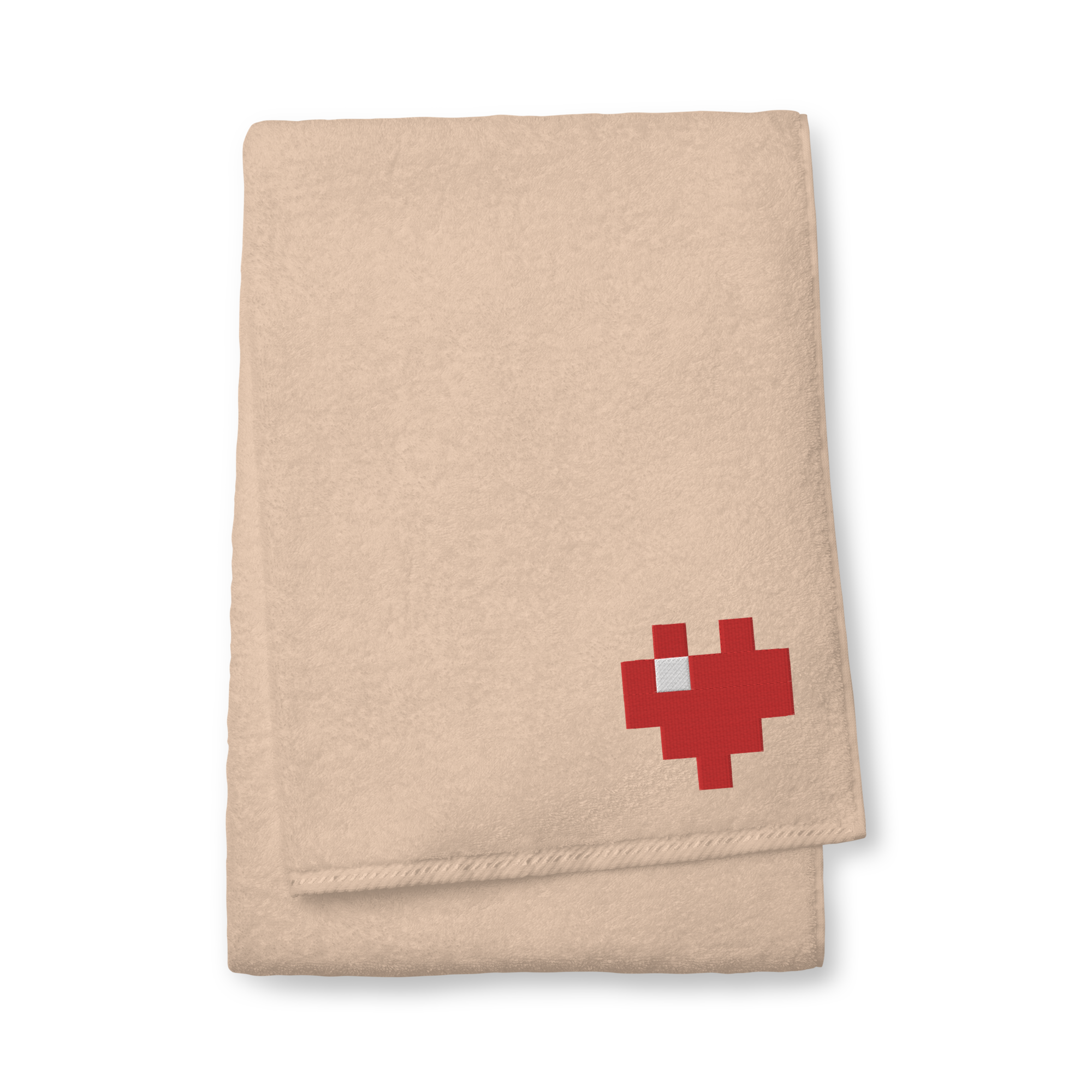
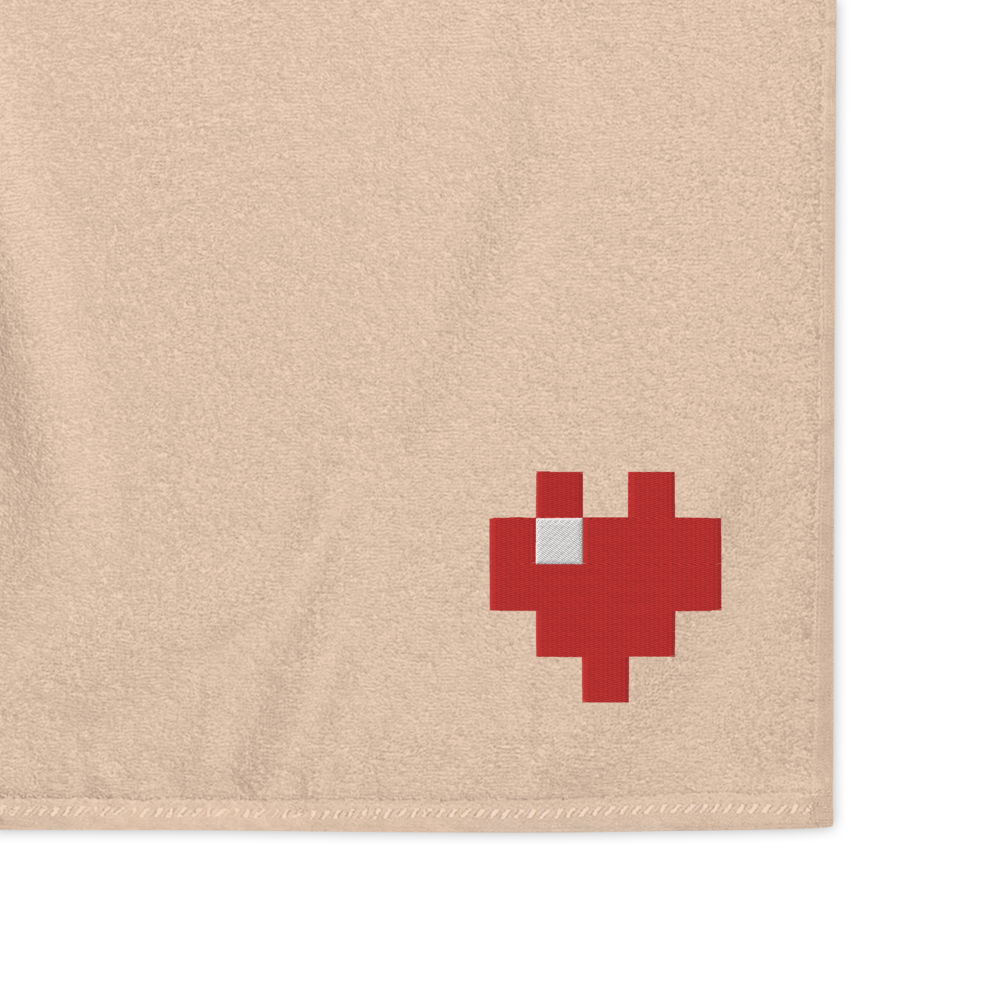
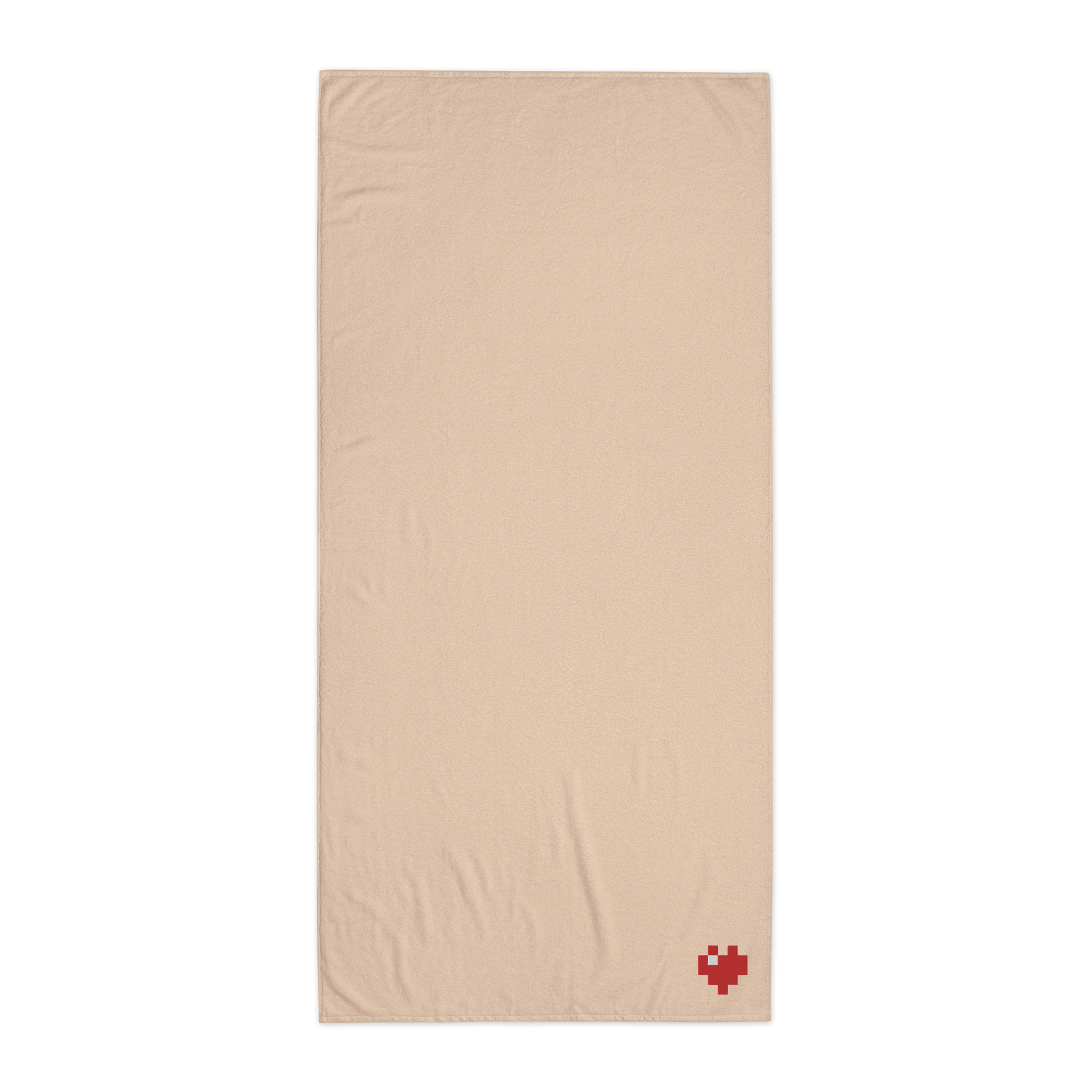
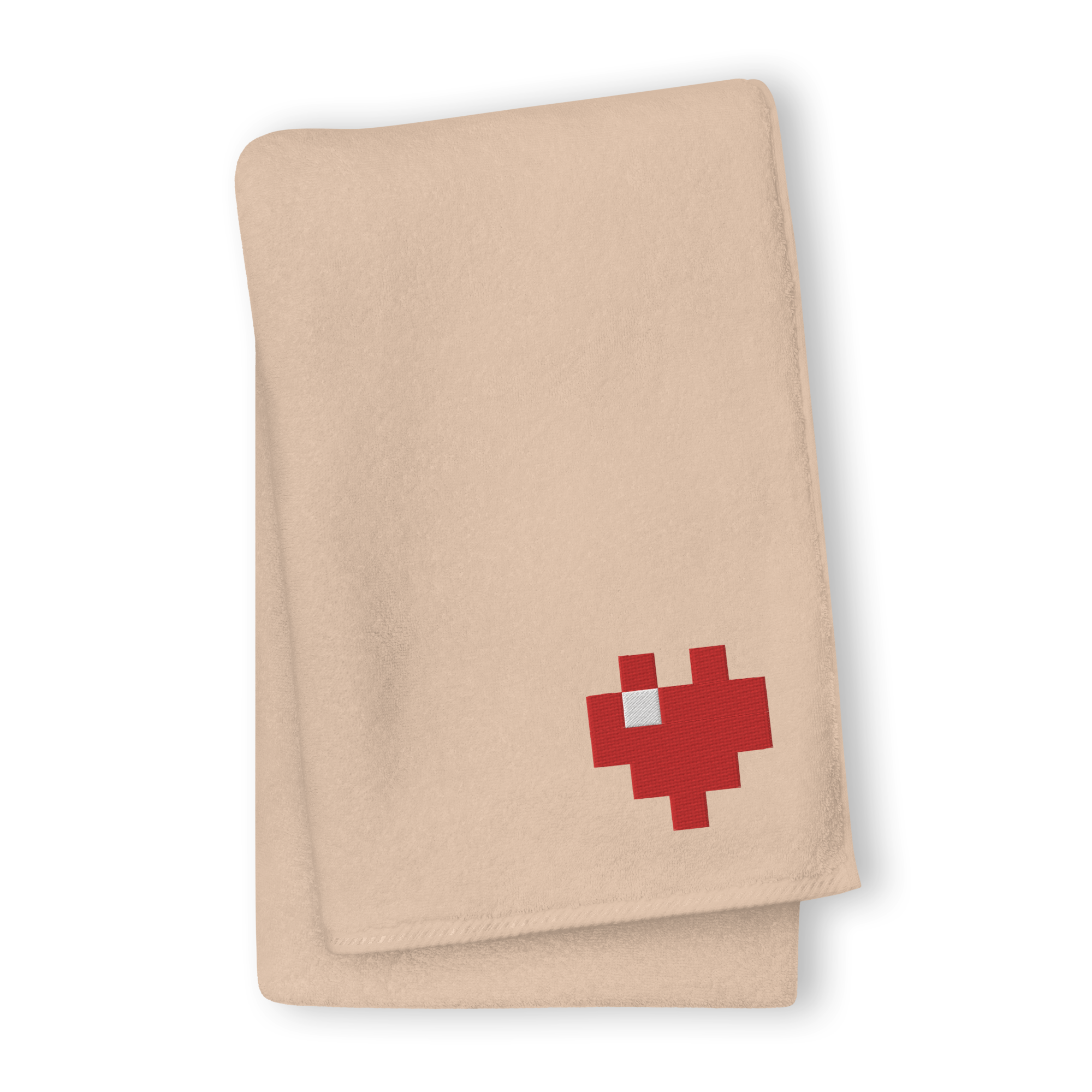
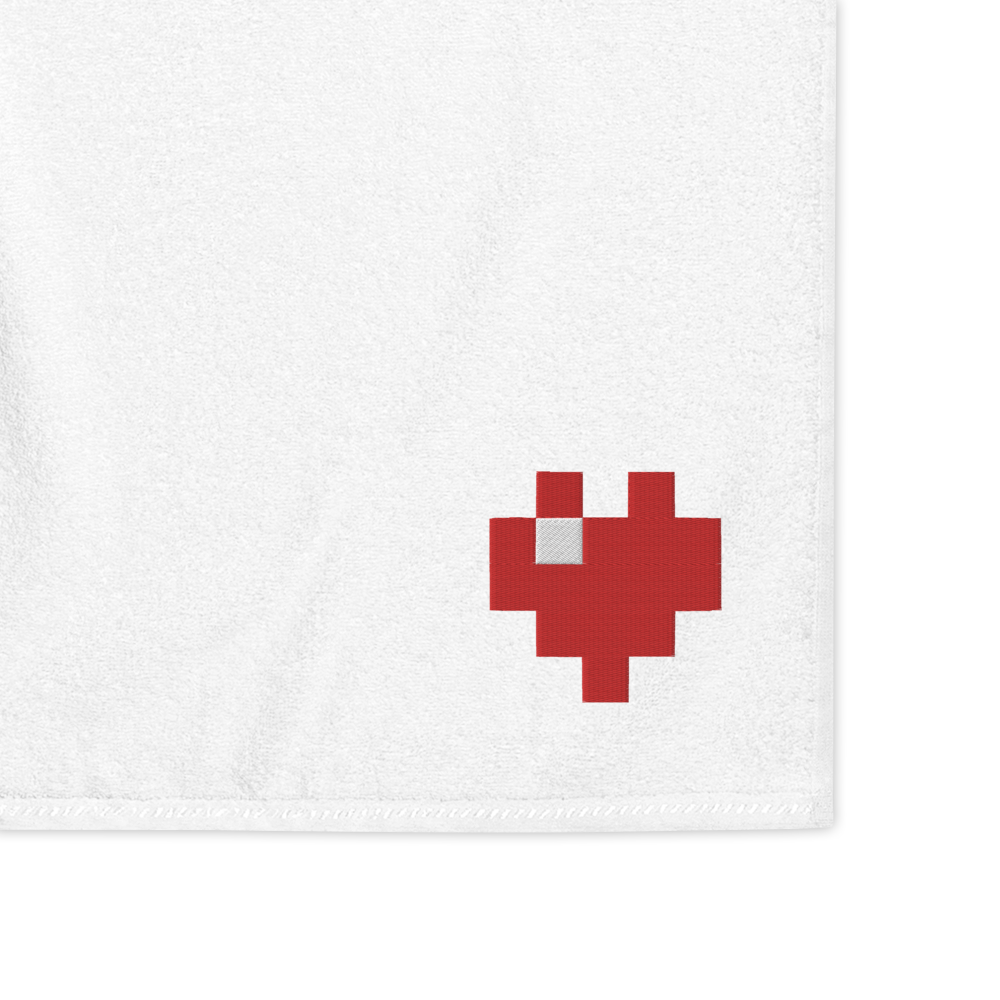
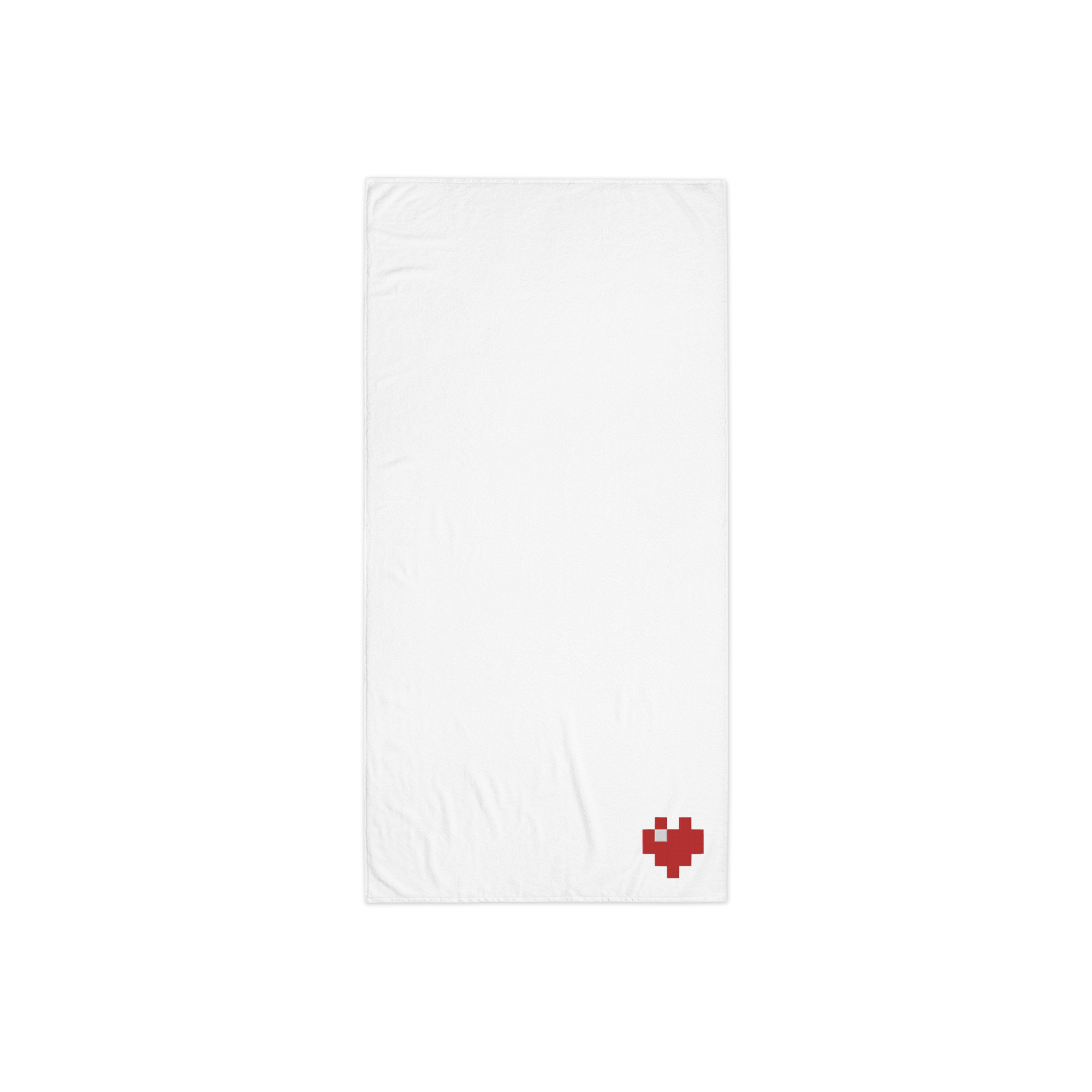
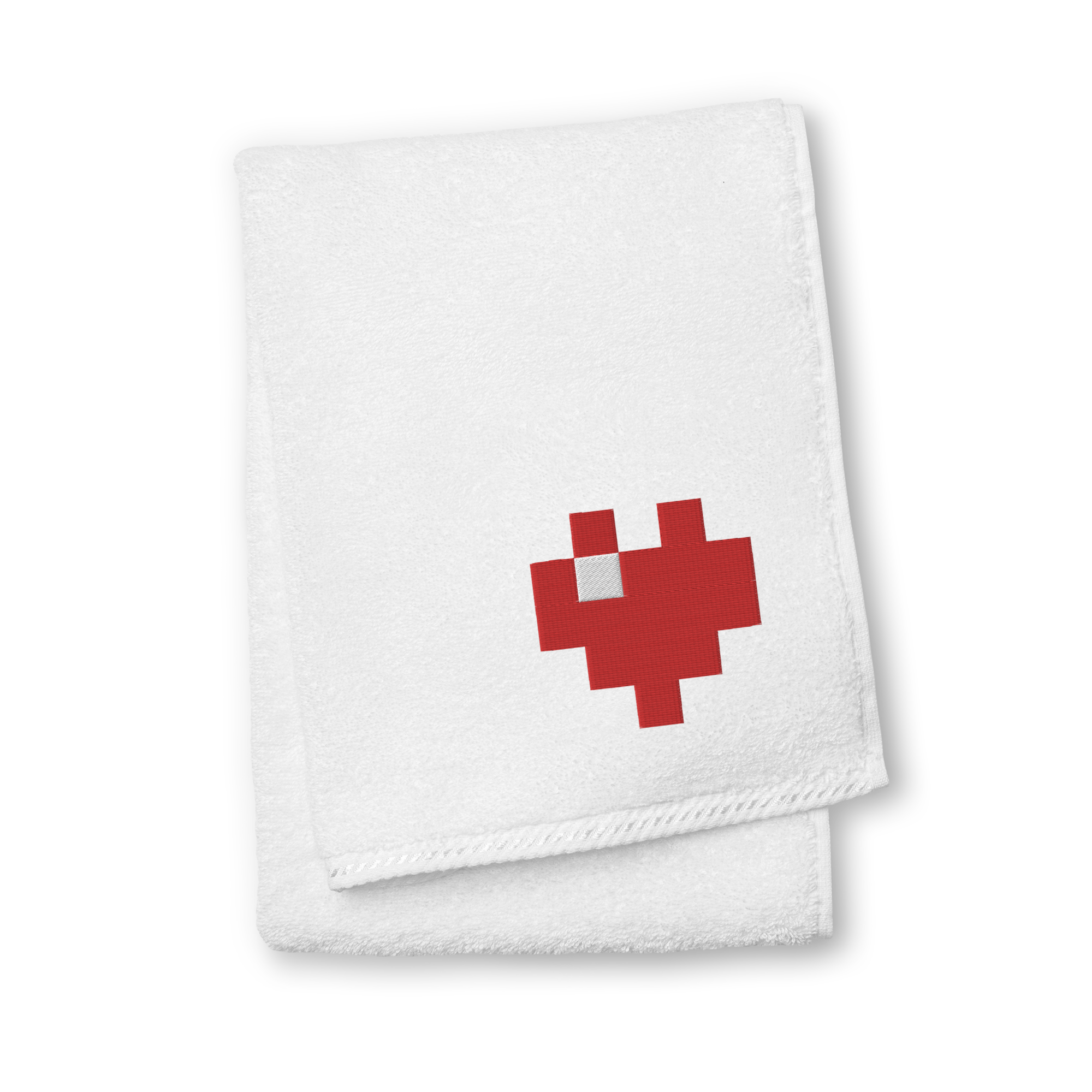
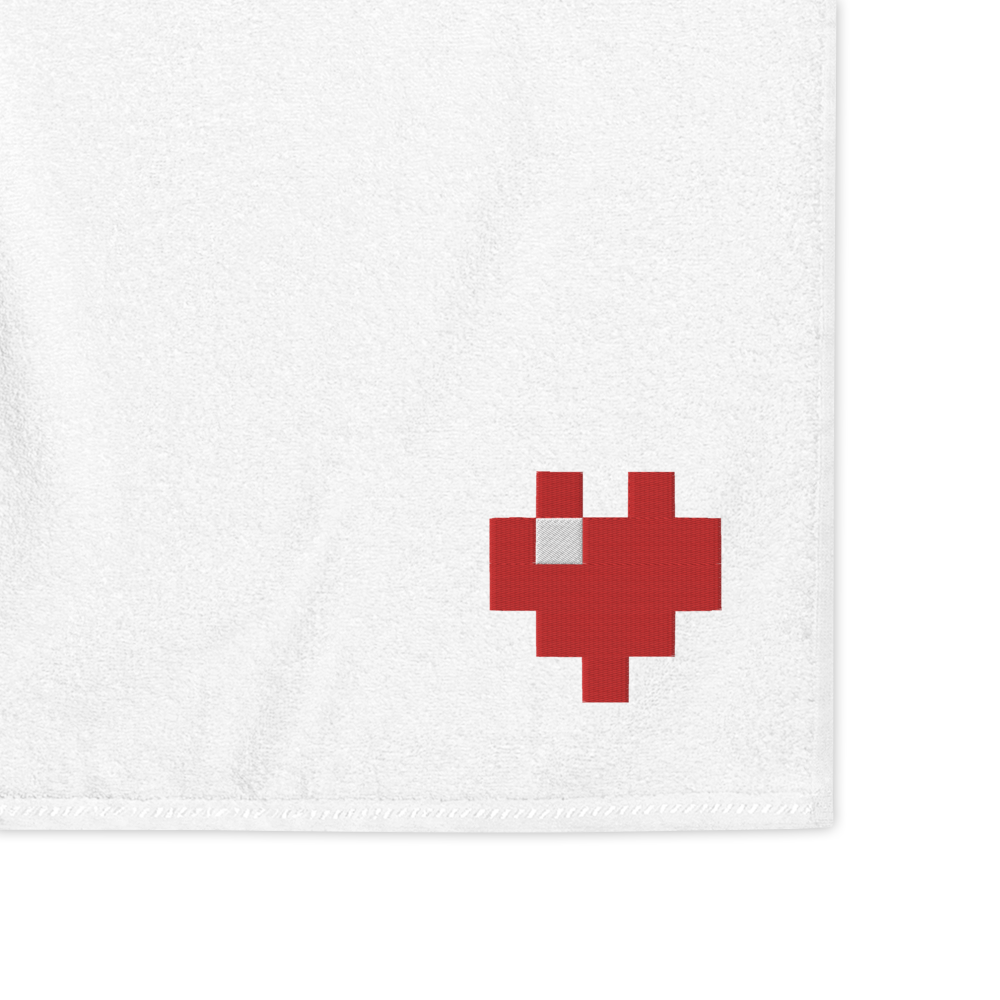
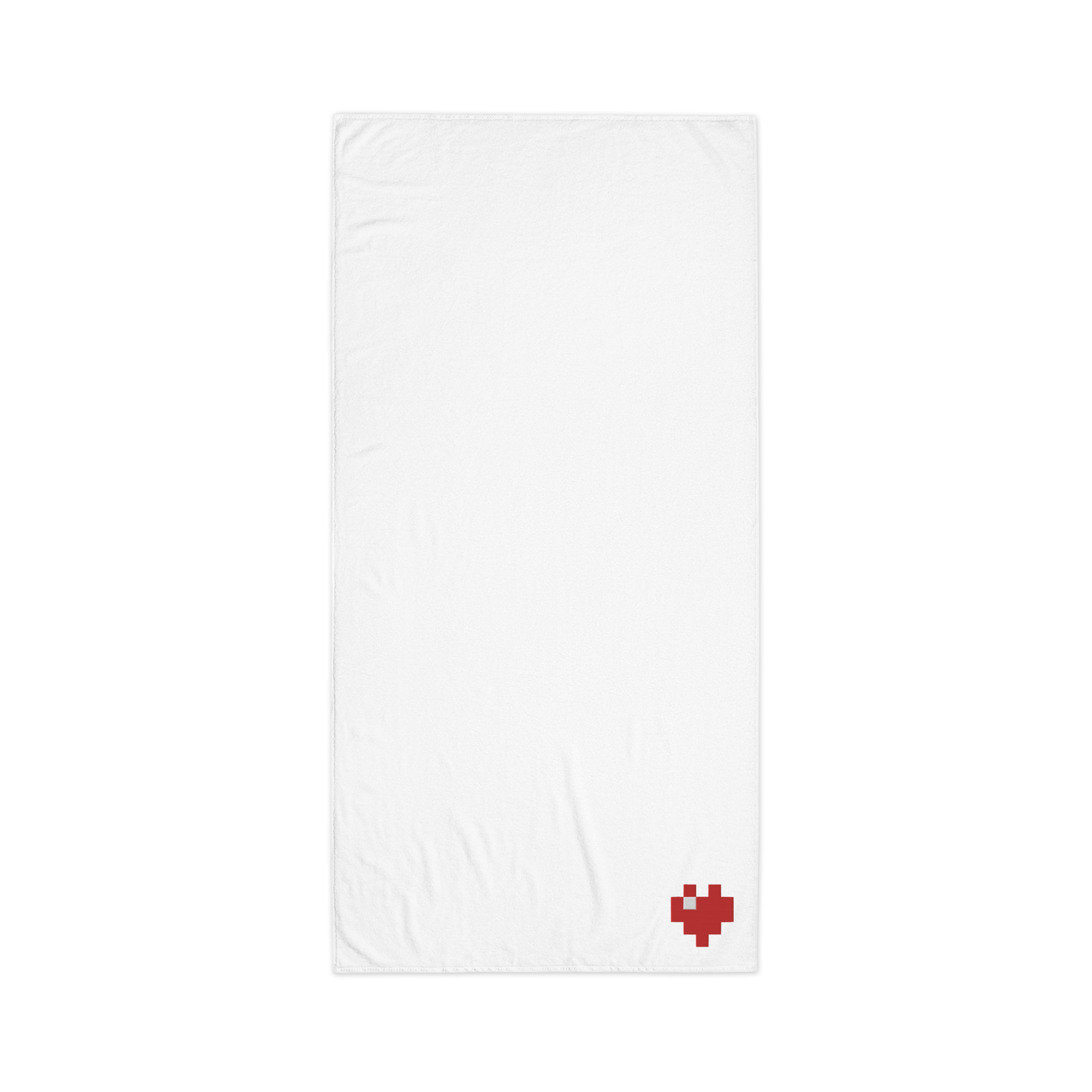
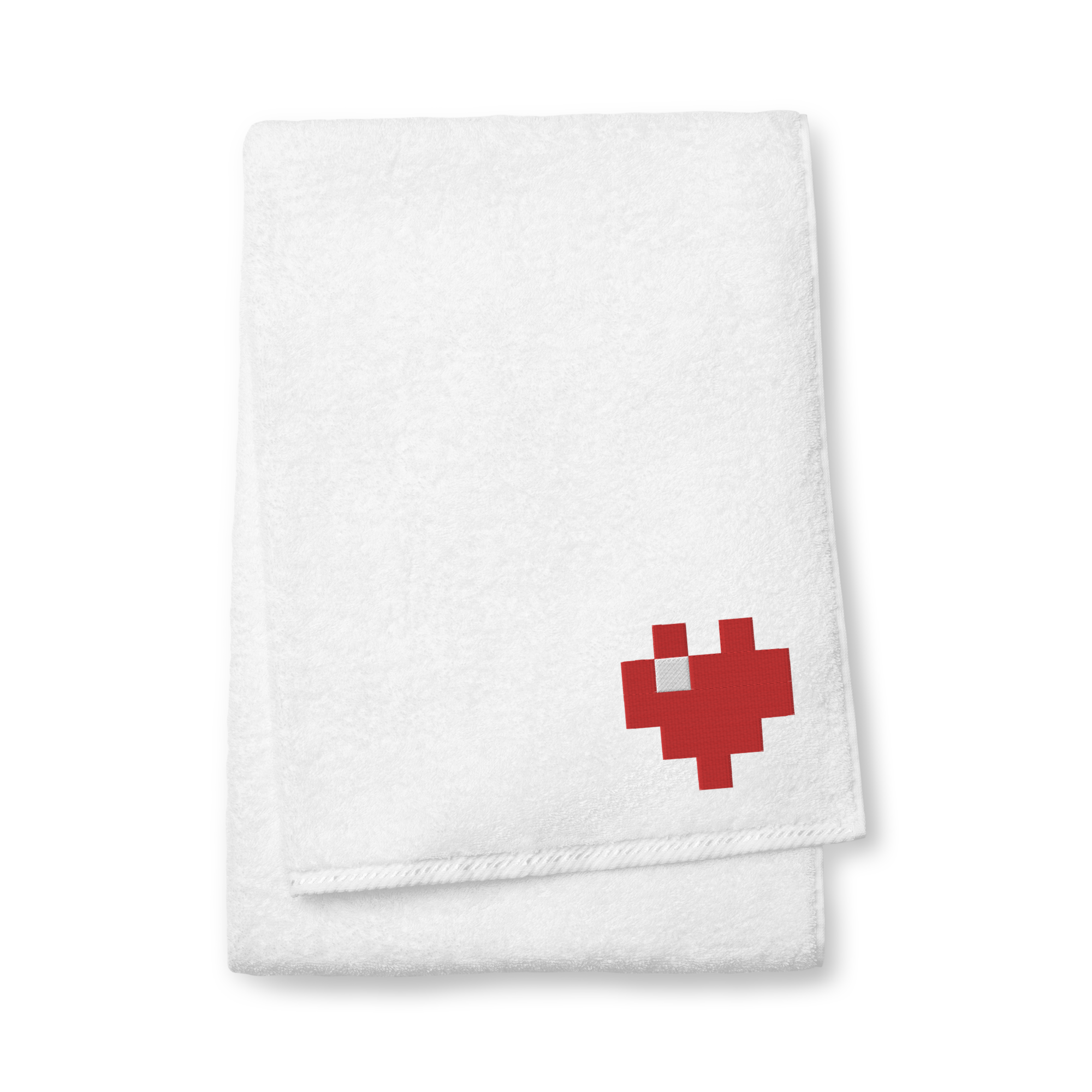
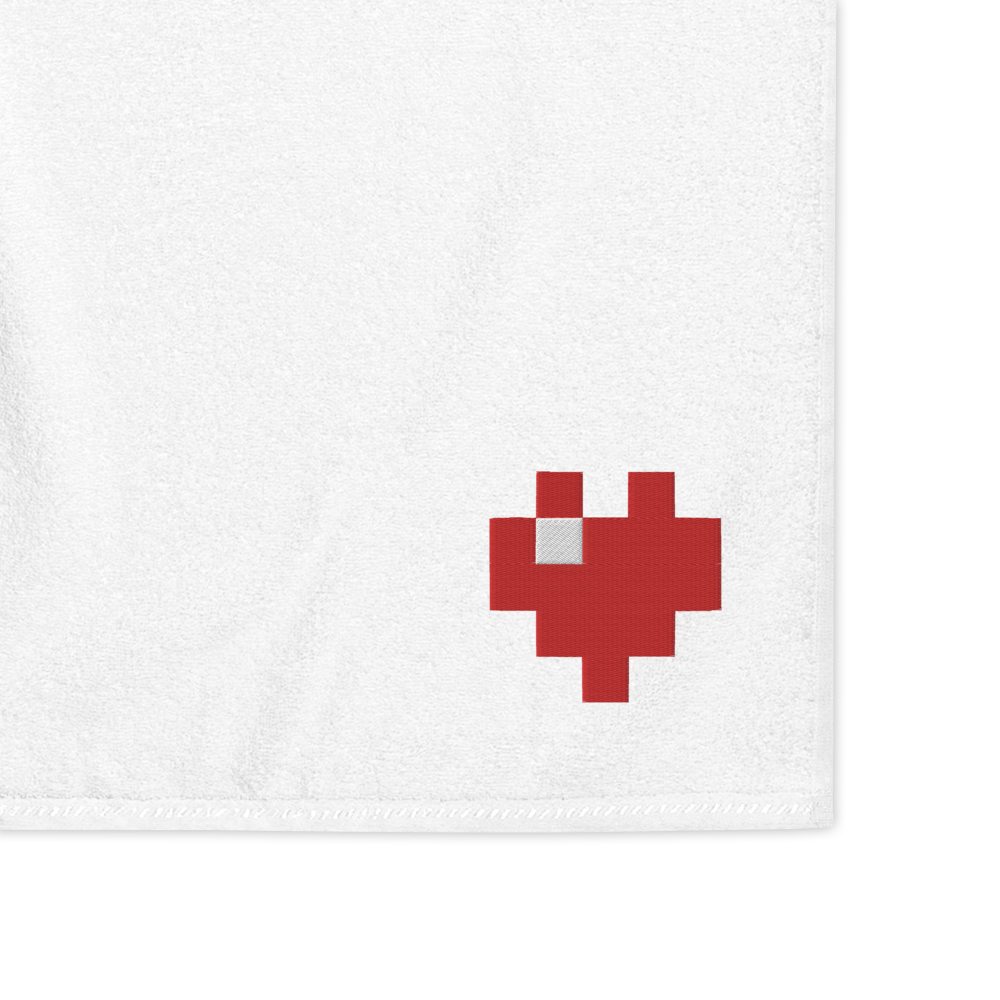
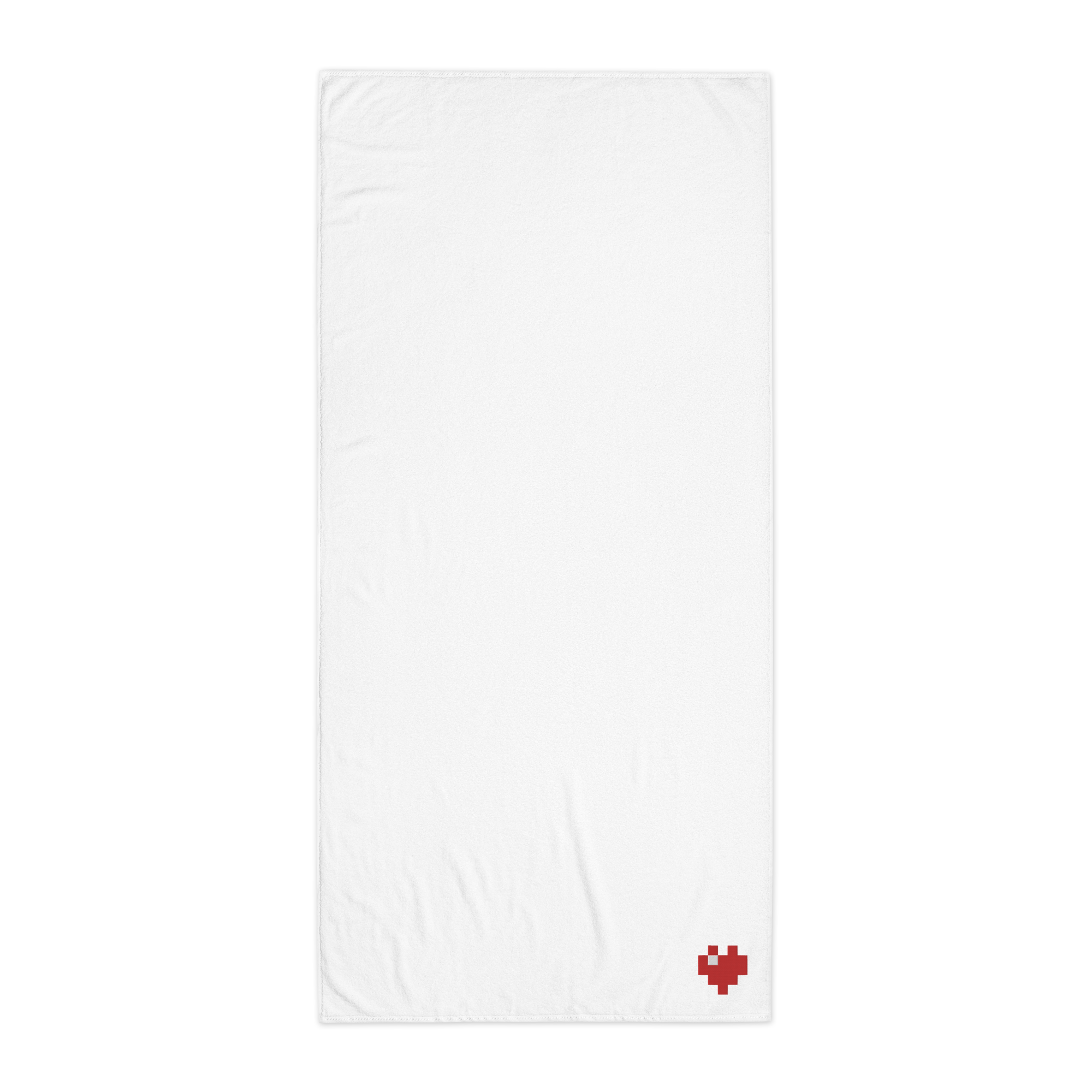
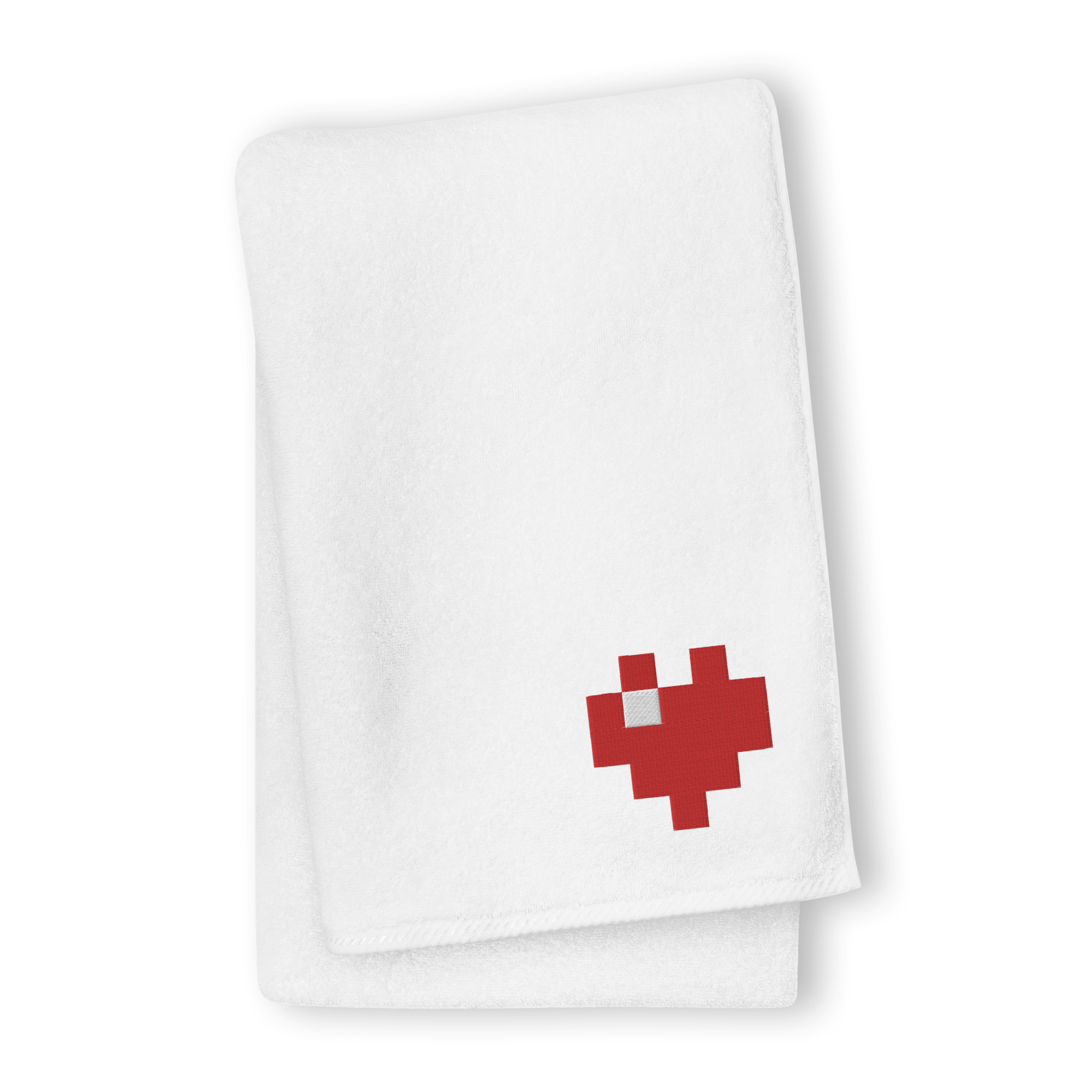
Towel - Pixel Heart - 100% Turkish Cotton
Tax included. Shipping calculated at checkout
The brand new MAYL Wear premium Turkish towel with embroidered Pixel Heart, The towel is made from high-quality absorbent fabric and will last a long time, whether you use it at home, or by the beach. It's made from 100% combed Turkish cotton that's extra soft and fluffy. Fabric weight: oversized weighs 13.3 oz/yd² (450 g/m²), and bath and hand towels weigh 14.7 oz/yd² (500 g/m²). Made extra soft with the new AirJet Technology. Pre-shrunk for additional durability featuring decorative shiny woven motifs on both ends. Suitable for indoor and outdoor use.
| Size | |
| M (Hands / Face Towel) inch /cm |
19.7″ × 39.4″/ 50 × 100 cm |
| L (Bath Towel) inch /cm |
27.6″ × 55.1″ / 70 × 140 cm |
| XL (Beach Towel) inch /cm | 39.4″ × 82.7″ / 100 × 210 cm |
FABRIC INFORMATION
Why is Turkish Cotton the Best Choice for Bath Towels?
With literally thousands of options available, it can be hard to decide which bath towels work best for you and your family. Whether you’re scouring retailer shelves for the latest clearance sale or perusing through any number of home décor websites, the task of finding high-quality affordable bath towels can be a daunting one at best. When choosing the perfect bath towel, there are a few things to take into account. How fast does this towel dry? How absorbent is this towel? Most importantly, how will this towel feel against my skin? While Egyptian cotton has widely attained the status of “king” of the cottons, it's fast seen its crown threatened by Turkish cotton and its resurgence in popularity.
What Is Turkish Cotton?
Turkish cotton is a premium long-fiber cotton grown exclusively in the Aegean Region. Much like Egyptian cotton, the long fibers yield stronger and smoother threads than regular cotton. And also like Egyptian cotton, Turkish cotton becomes even softer and more comfortable over time.
 Dating back to as early as the 7th century, what we know as “Turkish cotton” had already been used to create fabrics for clothing, rugs, and a variety of other items by locals. It proved to be an important product for their society and a cultural cornerstone. Currently, Turkey is responsible for approximately 40% of the world’s organic cotton, making them a global market powerhouse.
Dating back to as early as the 7th century, what we know as “Turkish cotton” had already been used to create fabrics for clothing, rugs, and a variety of other items by locals. It proved to be an important product for their society and a cultural cornerstone. Currently, Turkey is responsible for approximately 40% of the world’s organic cotton, making them a global market powerhouse.
Due to the warm climate and rich soil, cultivators, today and in the early centuries, would find that there was plenty of the crop to go around. For centuries, much of the cotton produced in Turkey has been handwoven in local homes by artisans with weaving and looming techniques inherited from generations of expertise. When the Roman Empire held power in the region, the Turkish towel or ‘peshtemal’ became the signature fixture in 'hammams' - public bathhouses inspired by the Roman baths of the era. Originally woven from linen or bamboo fibers, the cotton iteration proved remarkably absorbent, strong, and popular. This thin fabric was widely used for a variety of purposes - slowly earning it fame across the water.
Turkish cotton has proven the perfect fabric for bath towels. Turkish bath towels are crafted with care from the ancient cotton, which spins into strong and soft threads. Woven with a flat-weave, these threads produce a final product that is lightweight and possesses super absorbent properties. The final product is what we’ve come to know as Turkish bath towels.
This lightweight textile has earned a cult-like following around the world, due to its versatility, functionality, and style. In addition to this, Turkish towels are extremely durable and long-lasting when compared to your standard cotton towel.
They’re an excellent accouterment whether you’re going to the beach, the gym, the pool, or if you’re just looking for a super absorbent, quick-drying, fashionable bath towel set. With so much to love, it’s not hard to imagine them snuggly stowed in your daily routine.
What’s the Difference Between Egyptian Cotton and Turkish Cotton?
Egyptian cotton was first cultivated by a Frenchman, named Monsieur Jumel, in the early 1800s. Stumbling upon some neglected cotton plants, while admiring a garden in Cairo, Monsieur Jumel harvested the fluffy fiber. After a bit of experimentation, he was able to produce extra long-staple cotton. The ruler of Egypt was taken by the results and soon Egyptian cotton was flourishing throughout the region. Egyptian cotton has maintained popularity over the years. Currently among the world’s most in-demand materials, Egyptian cotton has gained a reputation for its strength and softness. This cotton is hand-picked and spun into fine lengthy yarns, allowing for higher thread counts. Egyptian cotton is also known for its absorbency, which is well-suited for clothing, sheets, and a wide array of other wear.
However, this absorbency makes Egyptian cotton a poor choice for bath towels, as the fabric holds onto moisture long after use--potentially causing that funky mold and mildew aroma. In humid climates, this could create a perpetual problem. Who wants to dry off with an already moist towel?
Conversely, Turkish cotton provides a balance between absorbance and softness. When flat woven into Turkish bath towels, this results in a fabric boasting a lightweight, maximum absorbency, and efficient quick-drying. These factors equate to a fabric that’s ideal for bath towels, hand towels, and washcloths.
The Verdict
When you picture the perfect towel, what thoughts come to mind? If you see an absorbent, soft, fashionable towel that’s quick-drying and durable, then you’re thinking of purchasing yourself some high-quality Turkish bath towels. Whether or not you need them at home or on the go, these towels are super portable and a solid choice for any of us looking for absorbency and softness, without the smell.
Choose options





































